Introduction to Chess and Go
Chess and Go are two of the world's most revered strategic board games, each boasting a rich history and a devoted following. Chess, with its origins tracing back to 6th-century India, has a profound presence in Western culture. Go, believed to have been conceived in China over 4,000 years ago, holds a similarly esteemed place in East Asian cultures. Both games are celebrated for their deep strategic elements and their intellectual rigor, but they vary greatly in terms of gameplay, tactics, and philosophy.
Gameplay and Rules
Chess
In chess, two players face off on an 8x8 squared board, each beginning with 16 pieces: one king, one queen, two rooks, two knights, two bishops, and eight pawns. The objective is to checkmate the opponent’s king, which means putting the king in a position to be captured (check) from which there is no escape. Each type of piece moves in a unique pattern, and strategy involves a mix of defense and offense, often aiming to control the central squares of the board early in the game.
Go
Go is played on a larger board, traditionally 19x19, though 9x9 and 13x13 variants exist for beginners and quick games. Each player has an unlimited supply of pebbles, either black or white. The aim is to control more territory on the board than the opponent by placing pebbles to encircle empty space. Players can also capture the opponent's stones by completely surrounding them. Unlike chess, Go has very few rules, which belie the game's complex strategic possibilities.
Strategic Complexity
Both games require a high degree of strategic and tactical thought, but their strategies differ markedly. Chess involves direct confrontation and capturing of the opponent's pieces, with players often developing short- to medium-term tactics through combinations of moves aimed at disrupting the opponent's defense and orchestrating an attack. In contrast, Go emphasizes a balance between territory control and the safety of one's own stones, requiring long-term strategic planning and flexibility. The complexity in Go arises from the vast amount of possible board positions – significantly more than chess – making it computationally intractable to fully analyze using traditional algorithms.
Philosophy and Cultural Significance
Chess and Go reflect their cultural origins not only in how they are played but also in the philosophies they embody. Chess, with its clear-cut battles and emphasis on decisive action, mirrors much of the Western approach to conflict and competition. Go, with its focus on balance, patience, and the gradual accumulation of advantage, offers a glimpse into Eastern philosophies that value harmony and holistic thinking.
Learning and Cognitive Benefits
Both games are celebrated not just as entertainments but as tools for cognitive development. Playing chess has been linked to improved problem-solving skills, enhanced memory and analytical thinking, and even creativity. Similarly, studies suggest that playing Go can improve cognitive abilities, foster logical reasoning, and enhance focus and patience.
Popularity and Modern Adaptations
Chess has enjoyed massive attention in the West with organizations like FIDE (International Chess Federation) promoting the game through tournaments, and it has adapted to the digital era with online platforms allowing players worldwide to compete. Go, while less globally prevalent, holds a significant foothold in East Asia and has seen an increase in international interest, partly due to AI developments like AlphaGo, which famously defeated world-class human players, shedding light on the game's deep strategic layers.
Conclusion
In conclusion, while both chess and Go are strategic games that offer rich tactical gameplay and numerous cognitive benefits, they vary considerably in their approach, complexity, and the philosophies they reflect. Choosing between them depends largely on what aspects of strategic thinking one wishes to develop or which cultural philosophy resonates more deeply with the individual player.
Explore our large collection of luxurious chess sets!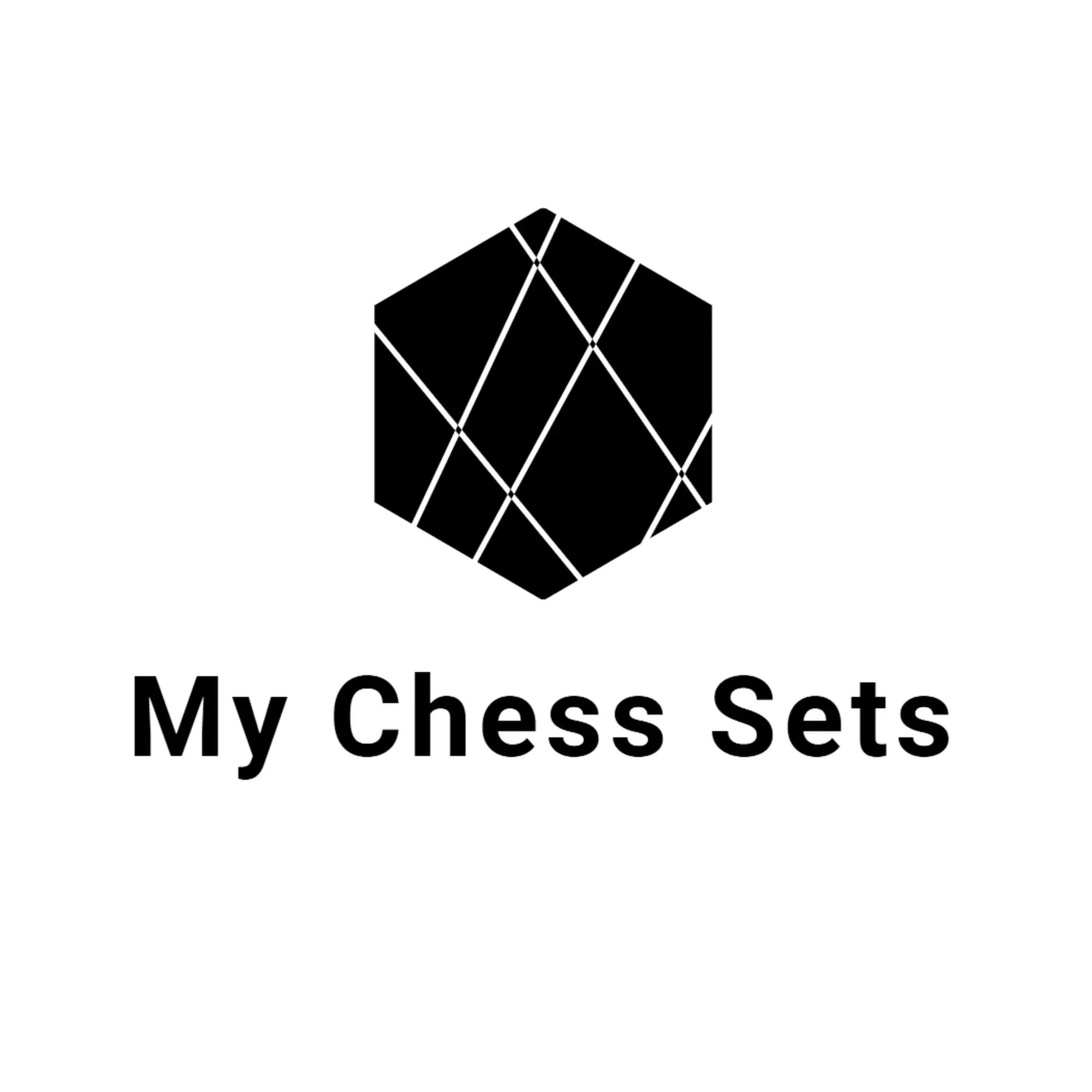

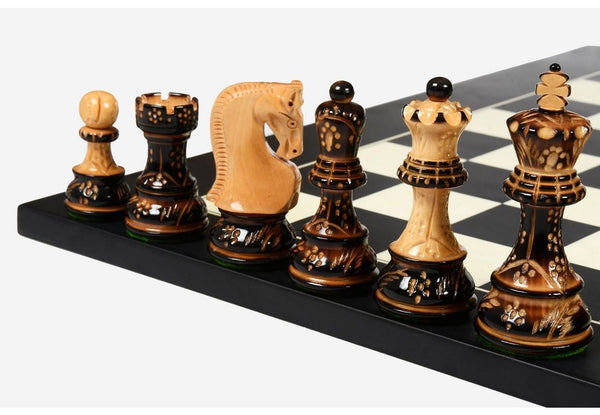

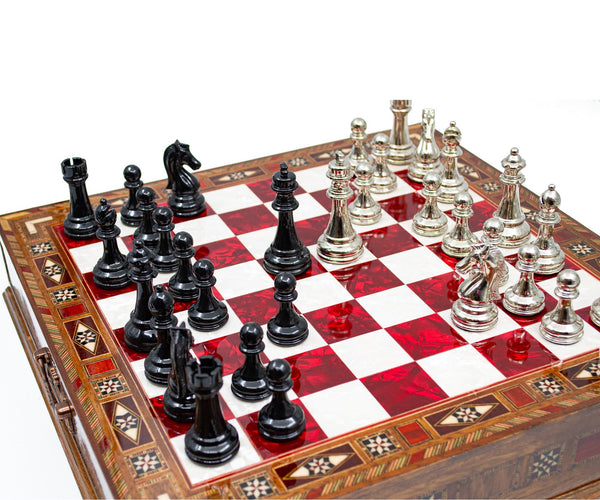
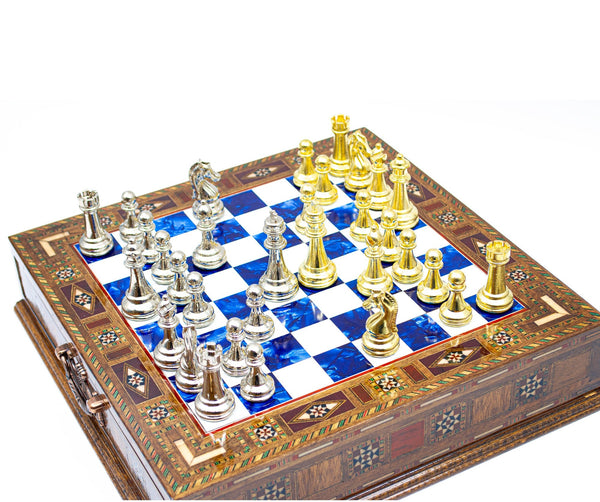
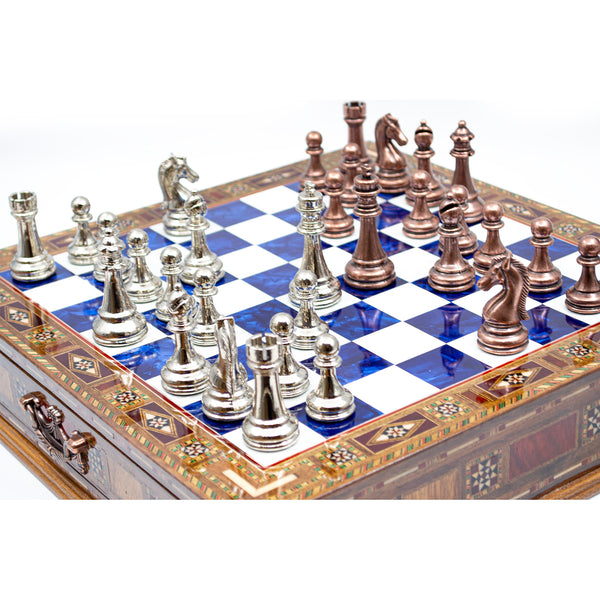
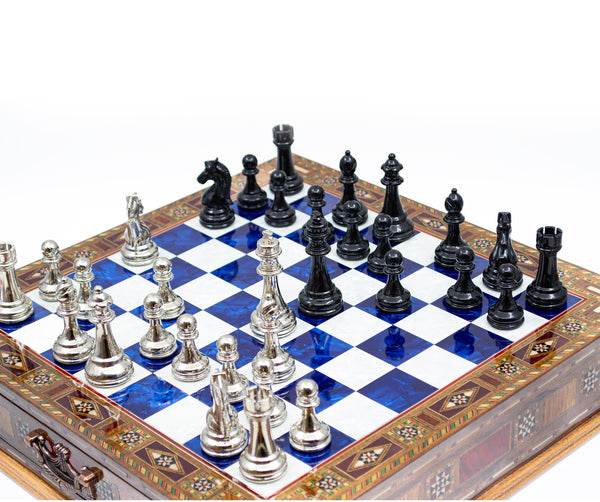
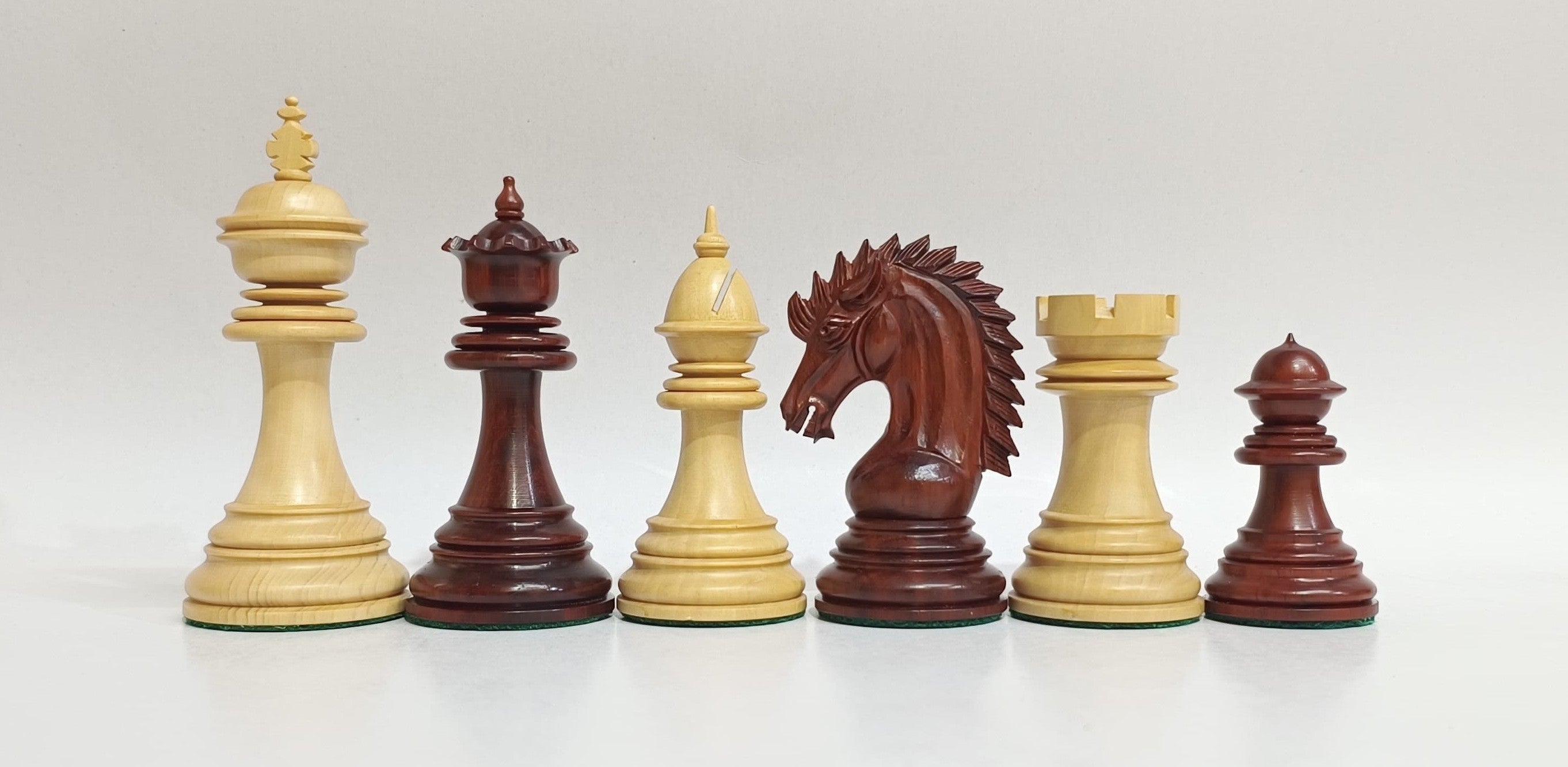
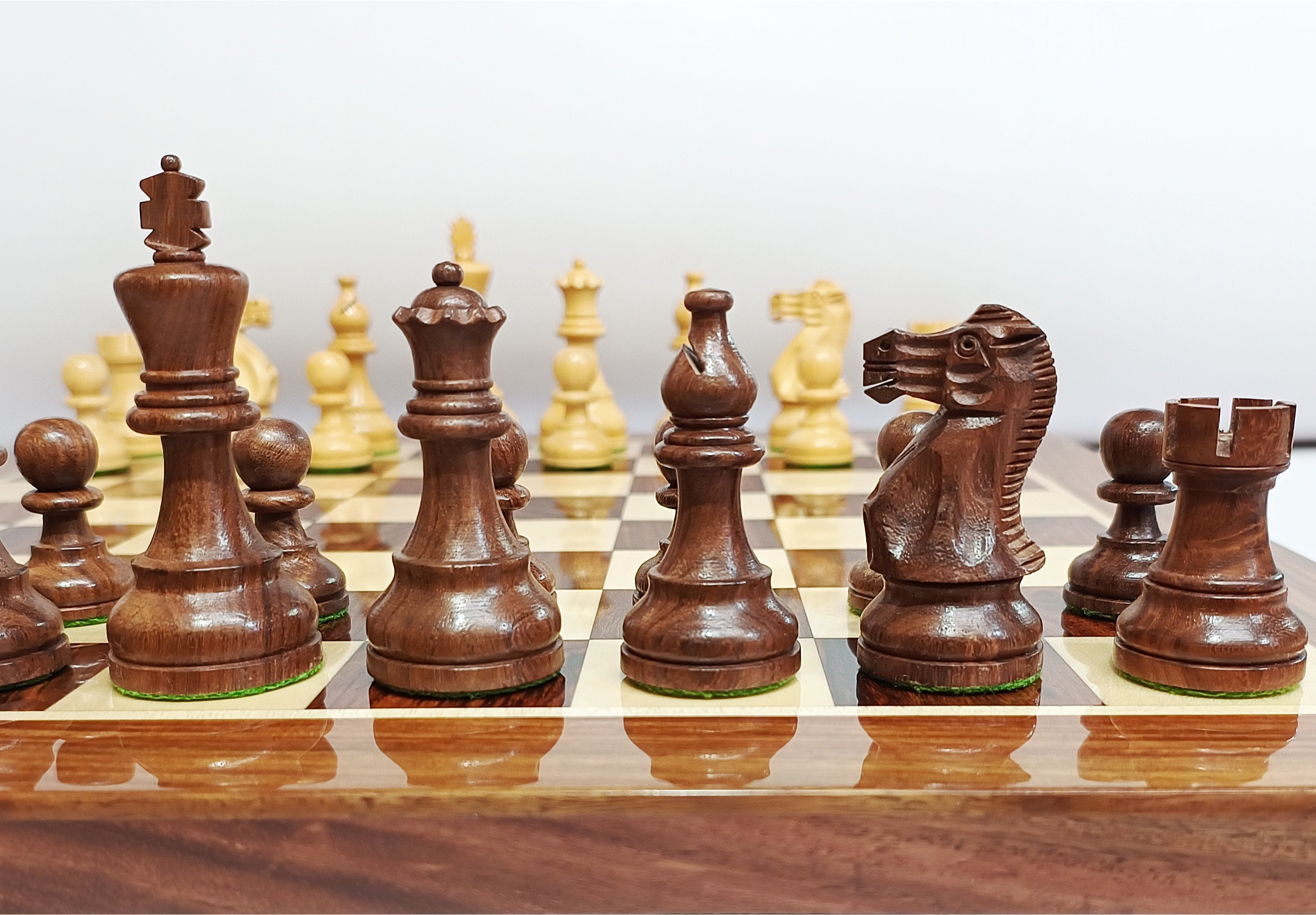
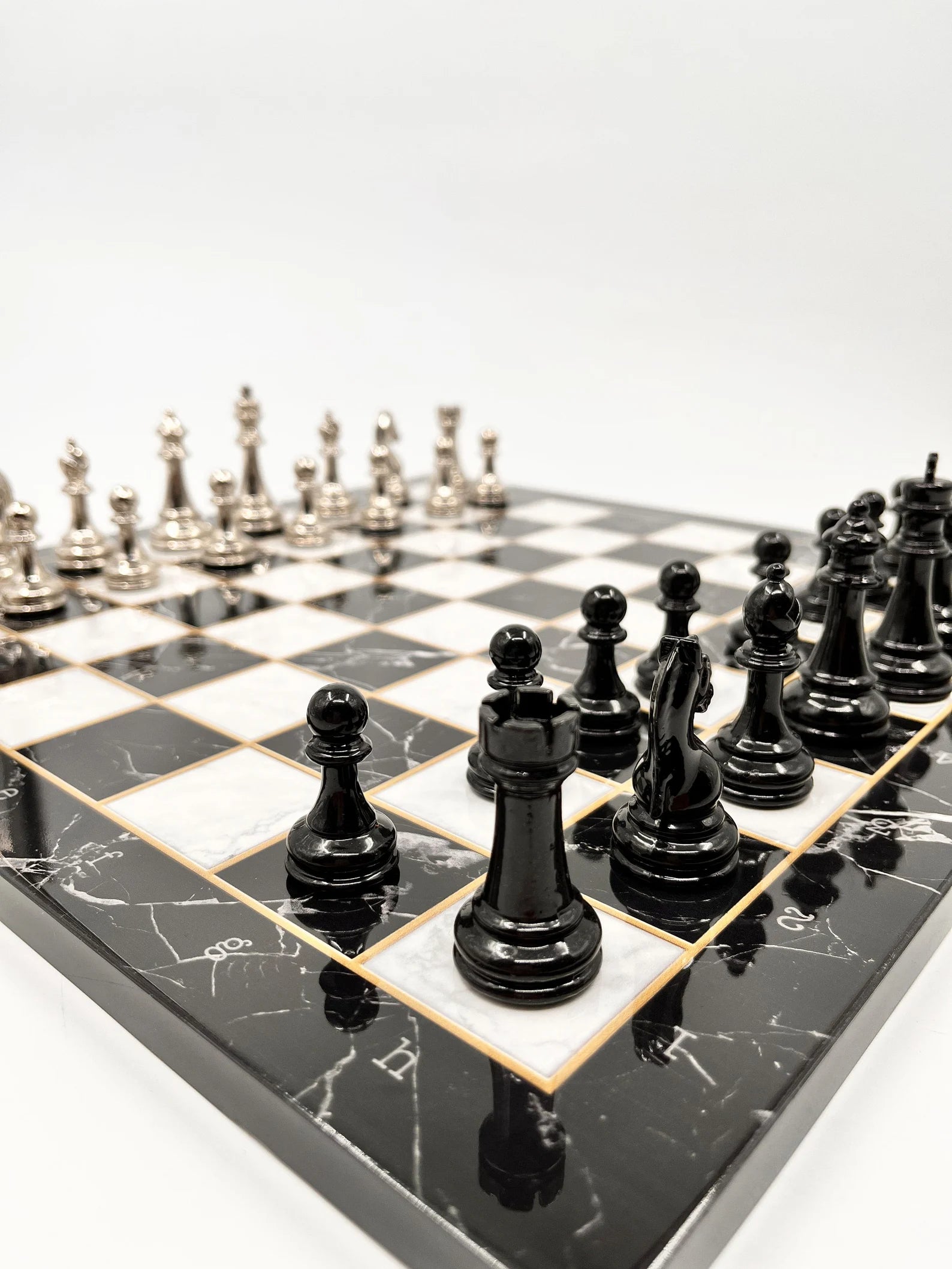
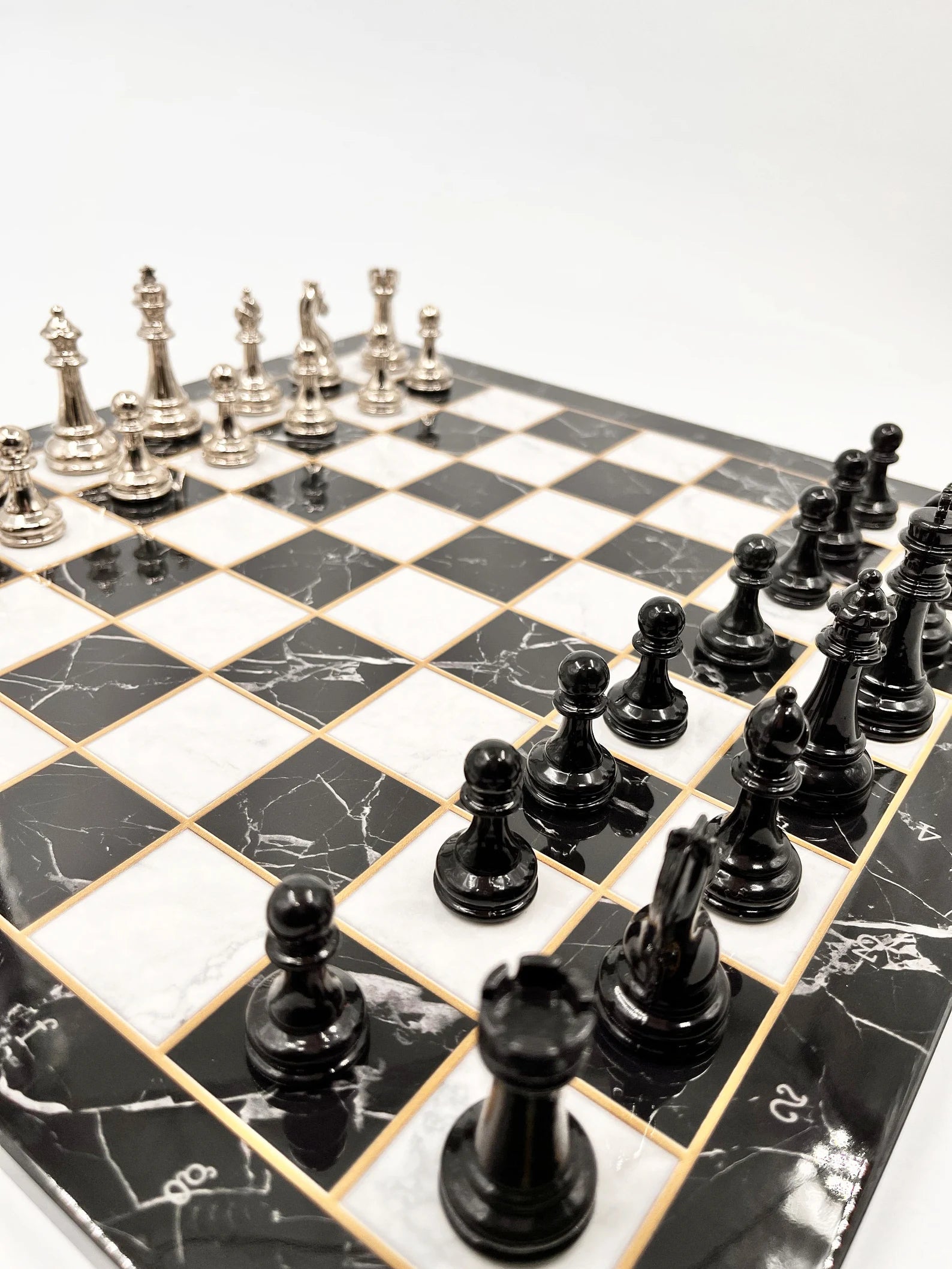
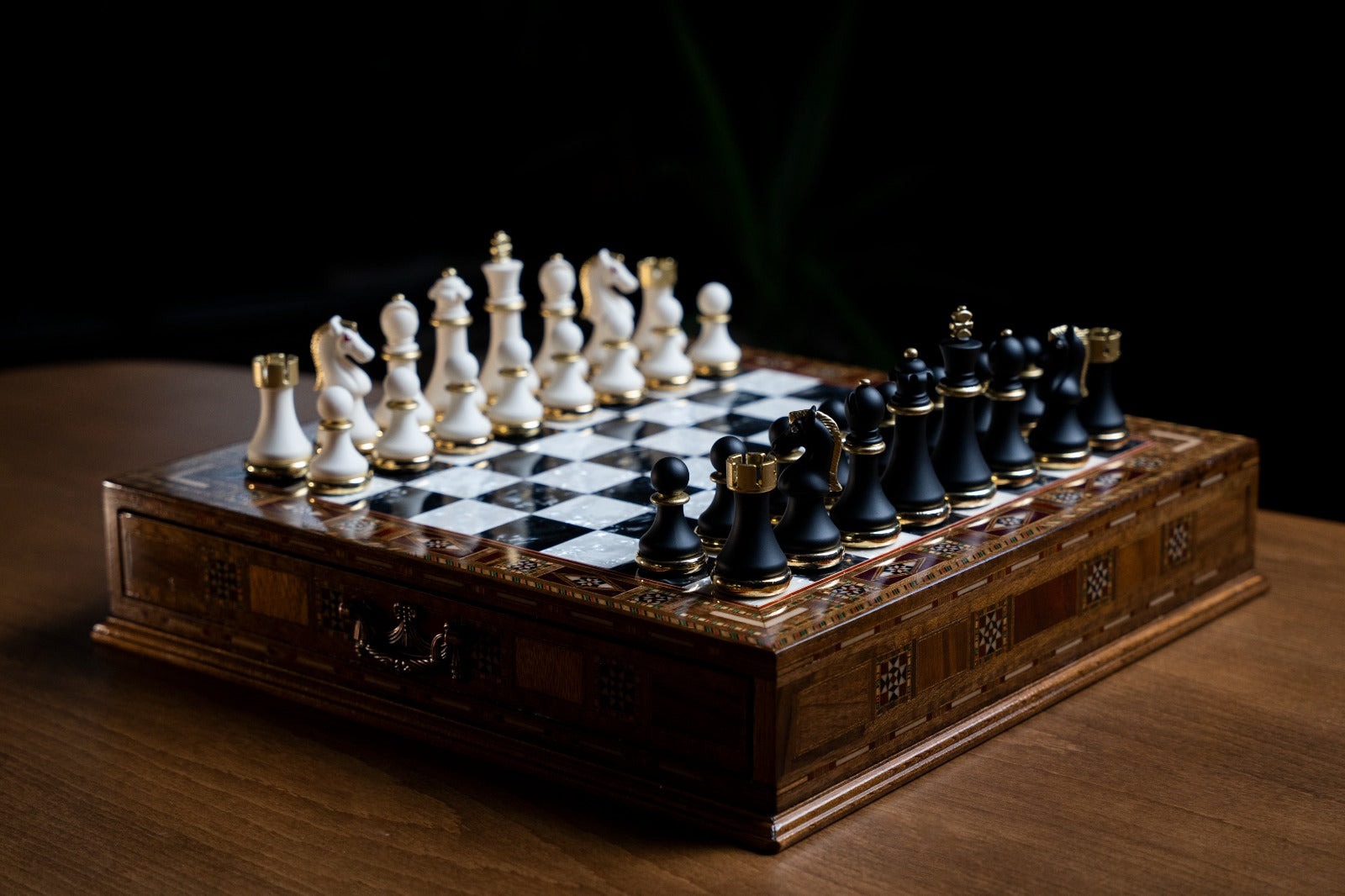
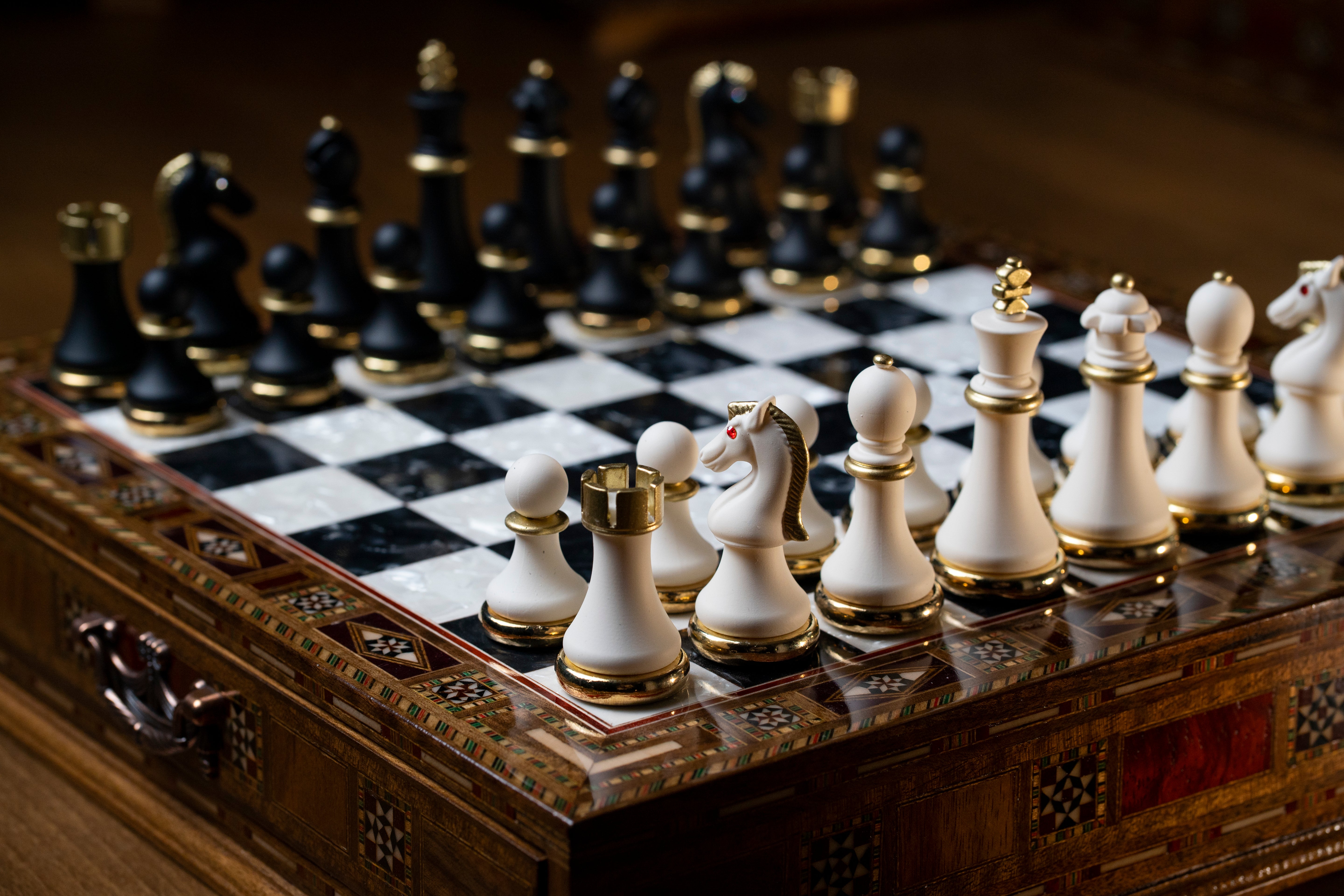
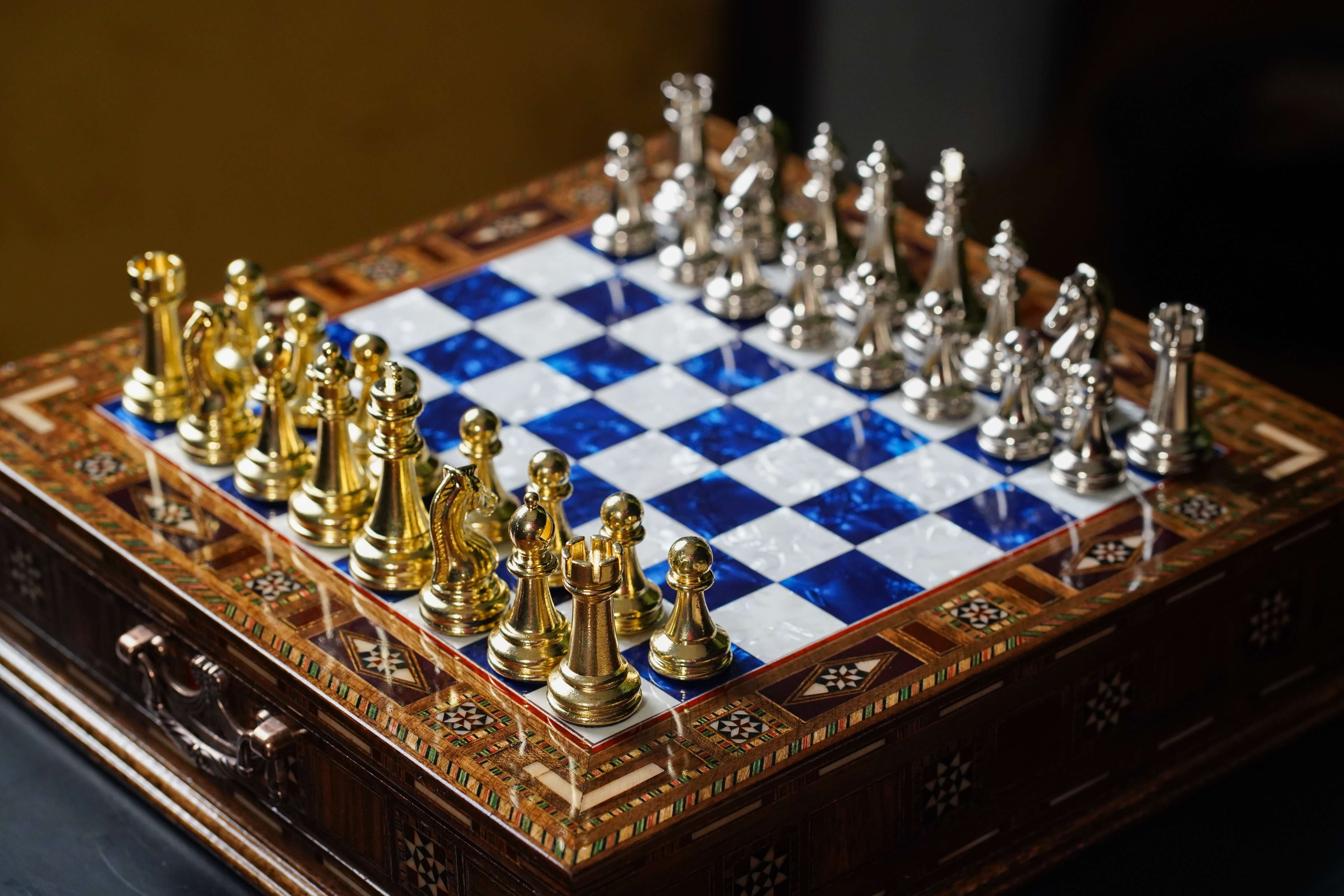
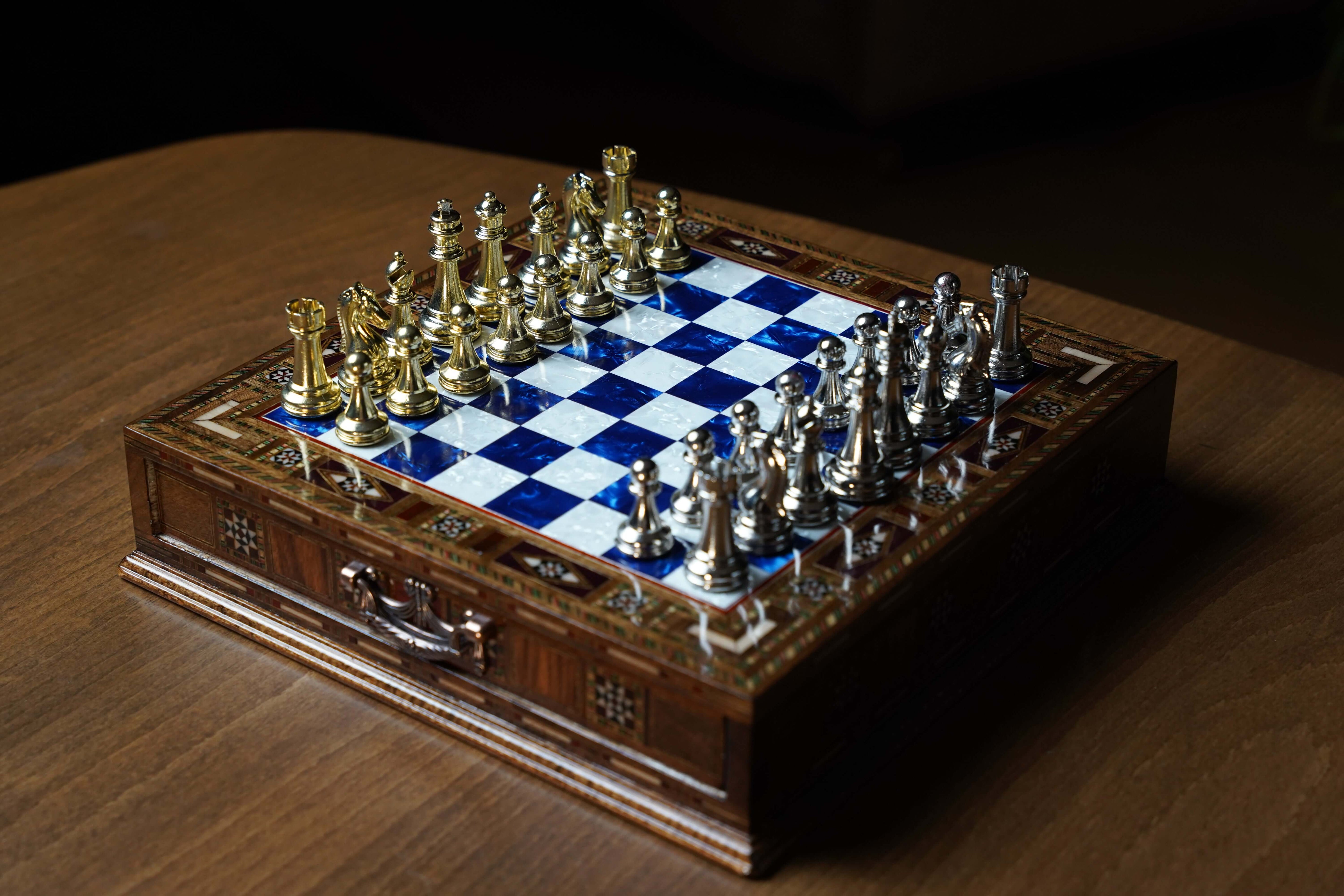
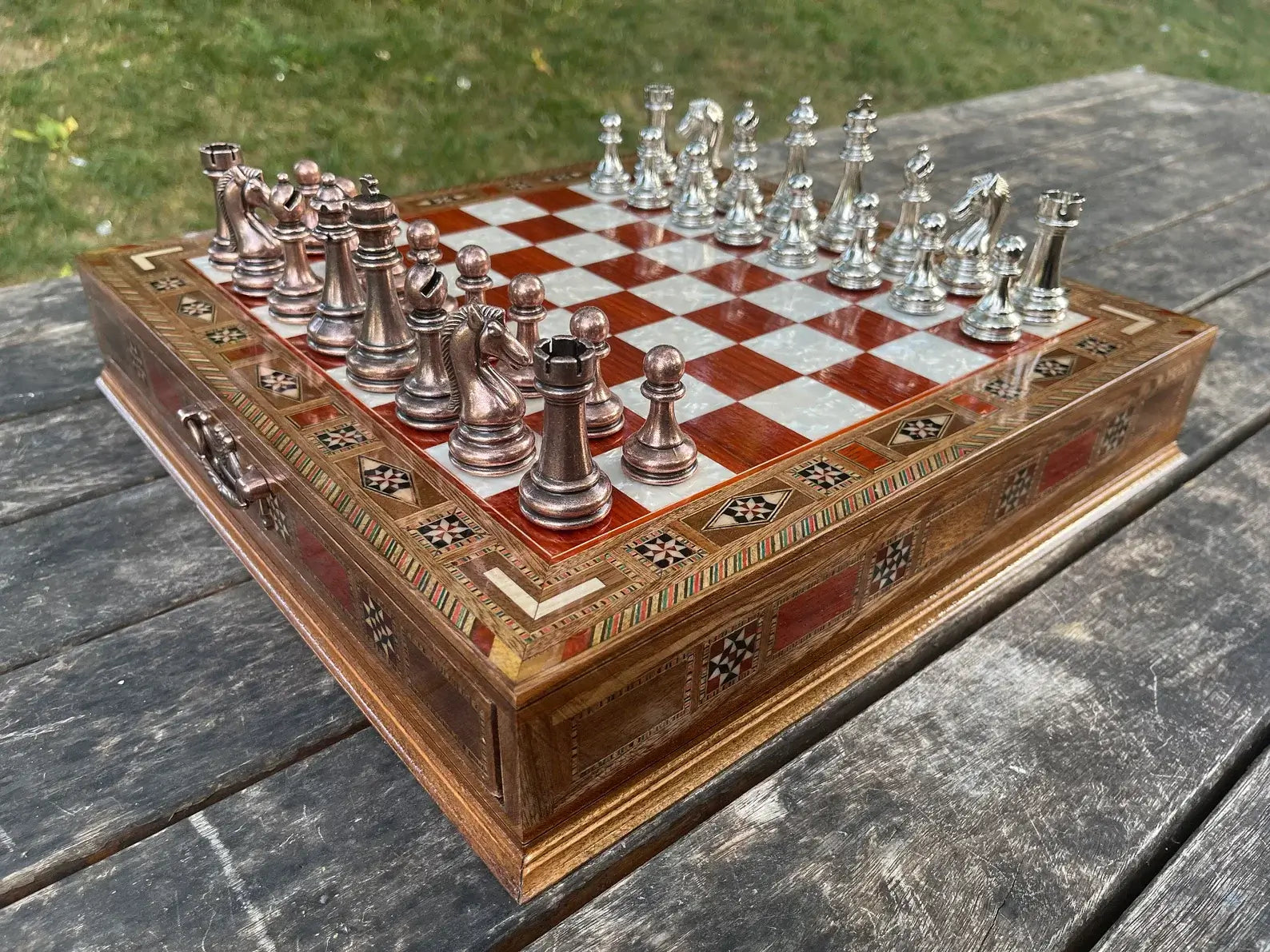
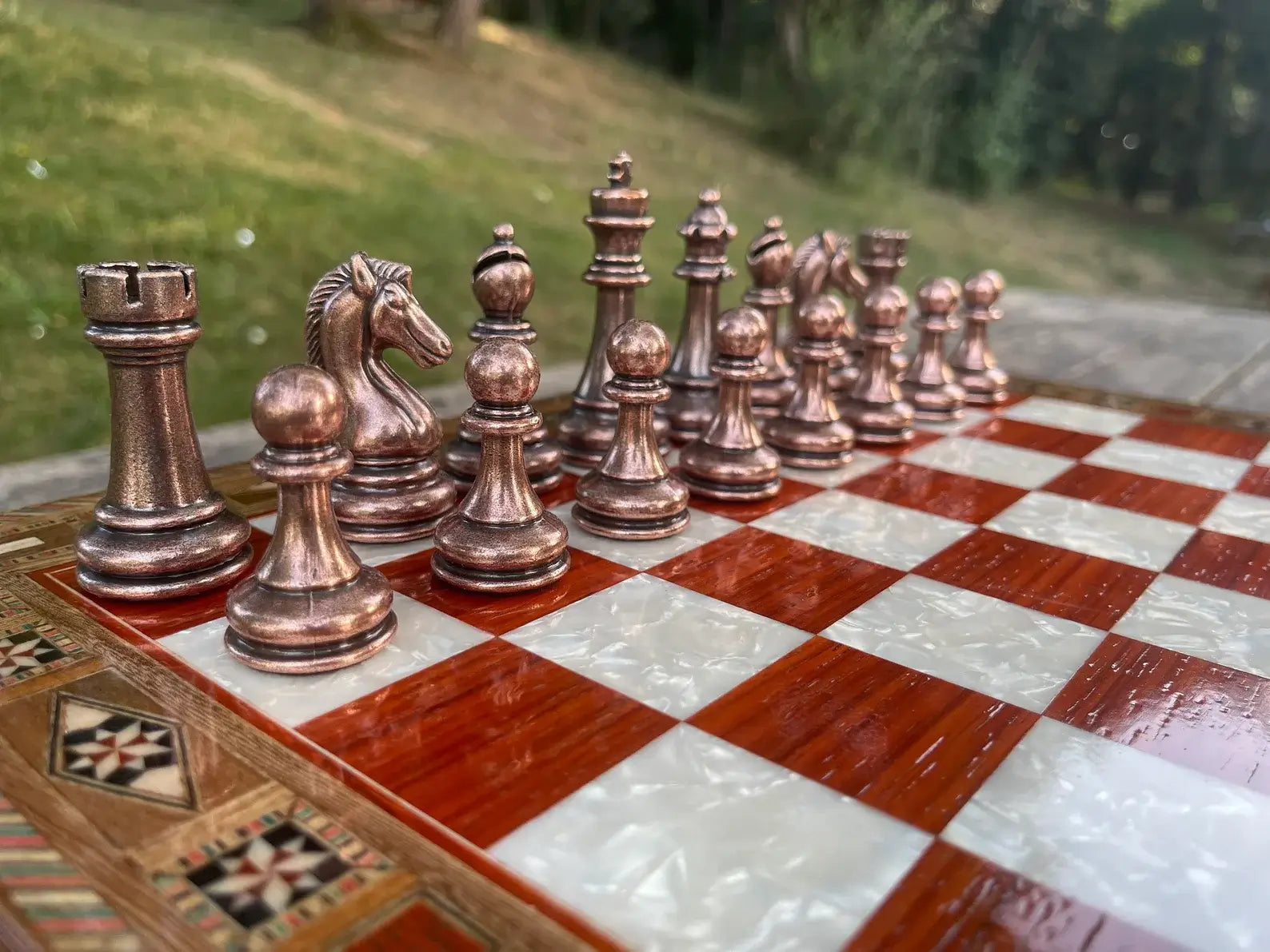
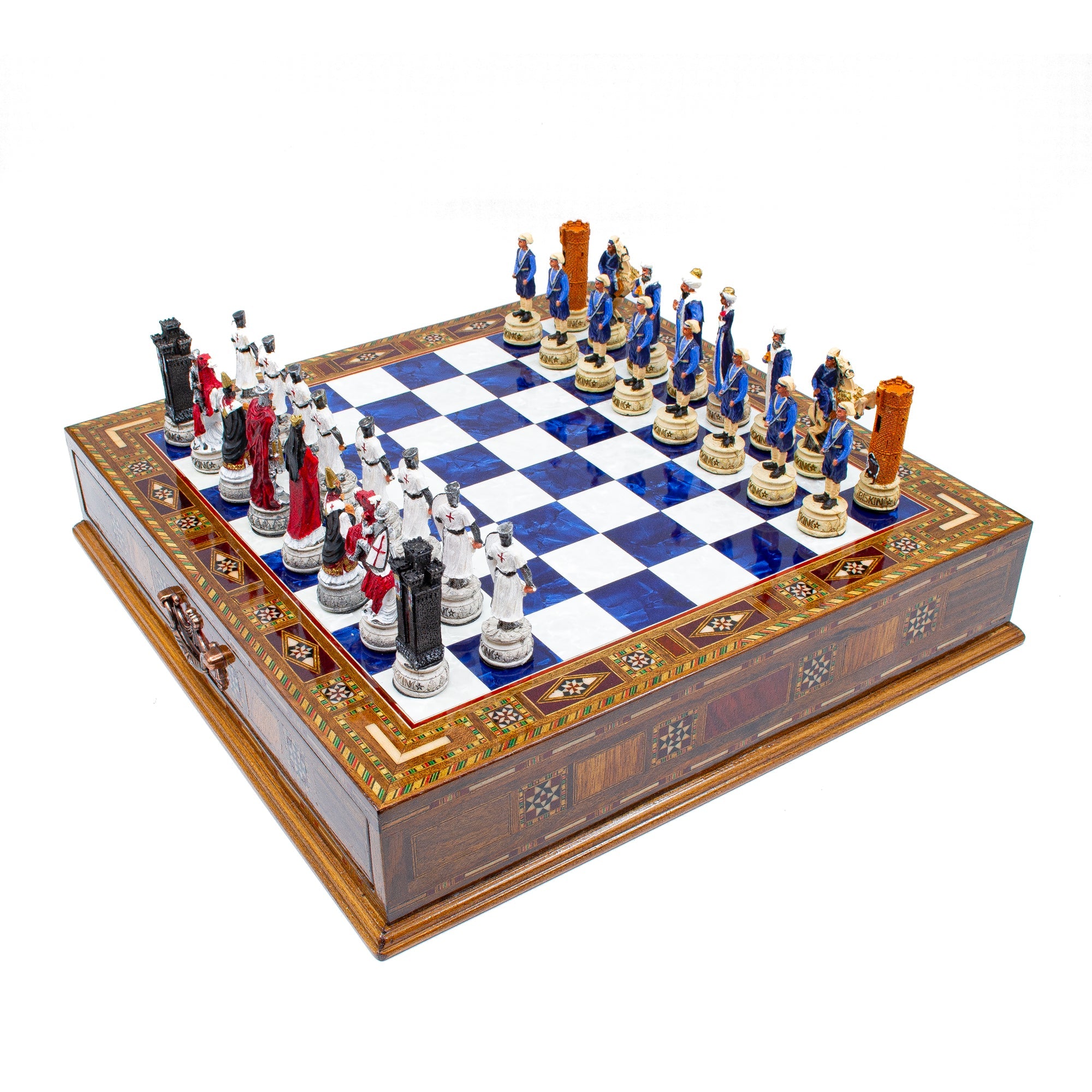
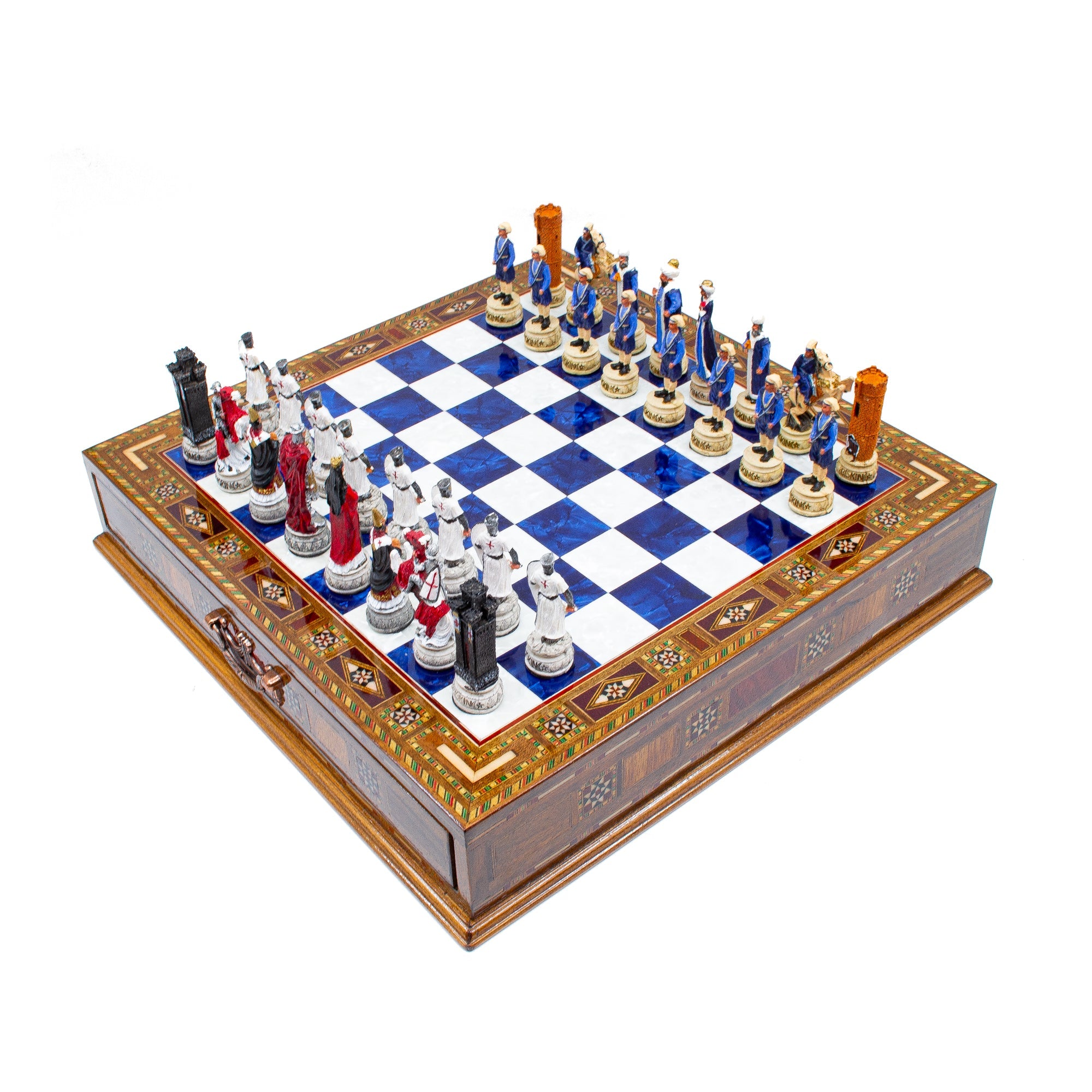
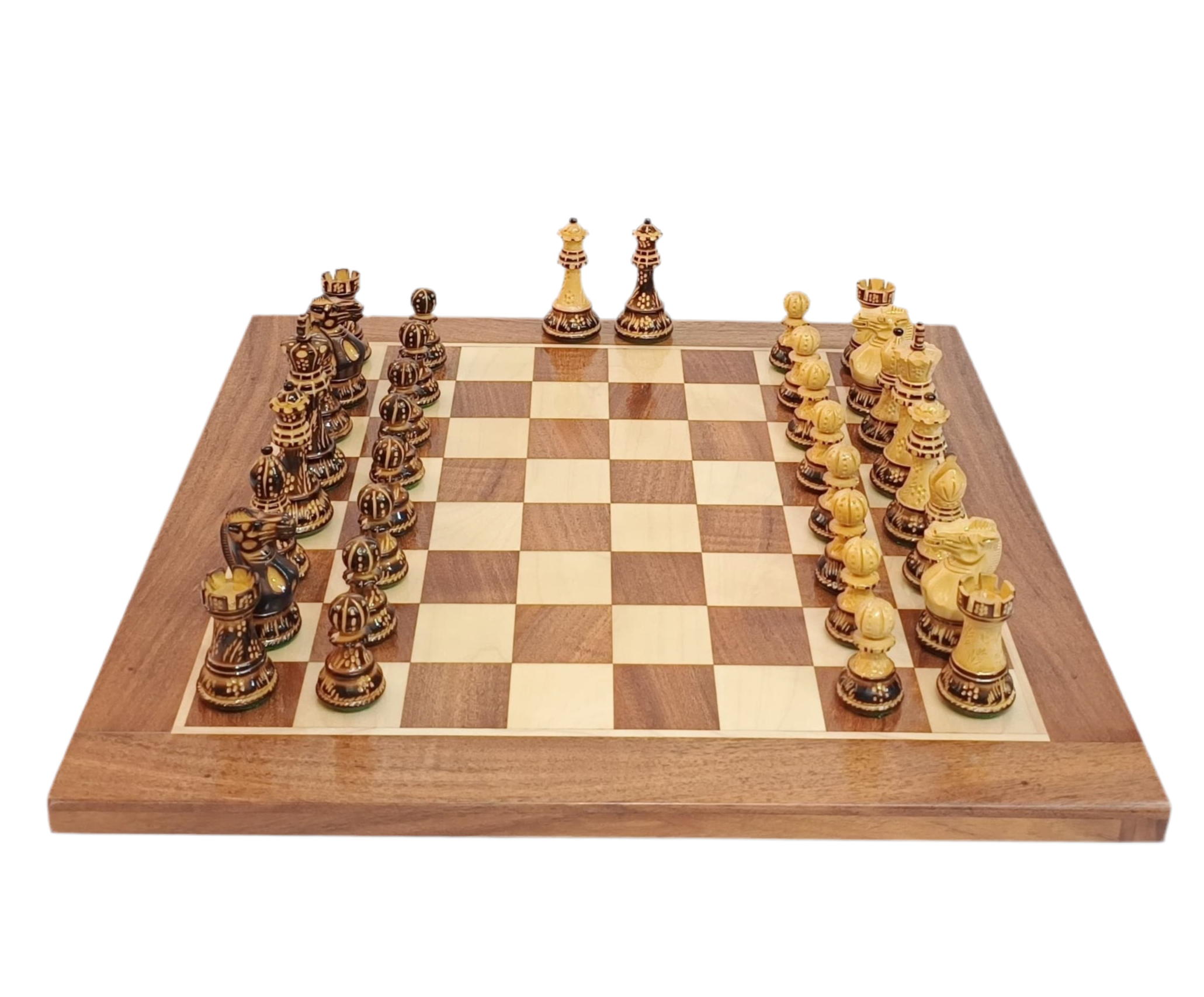
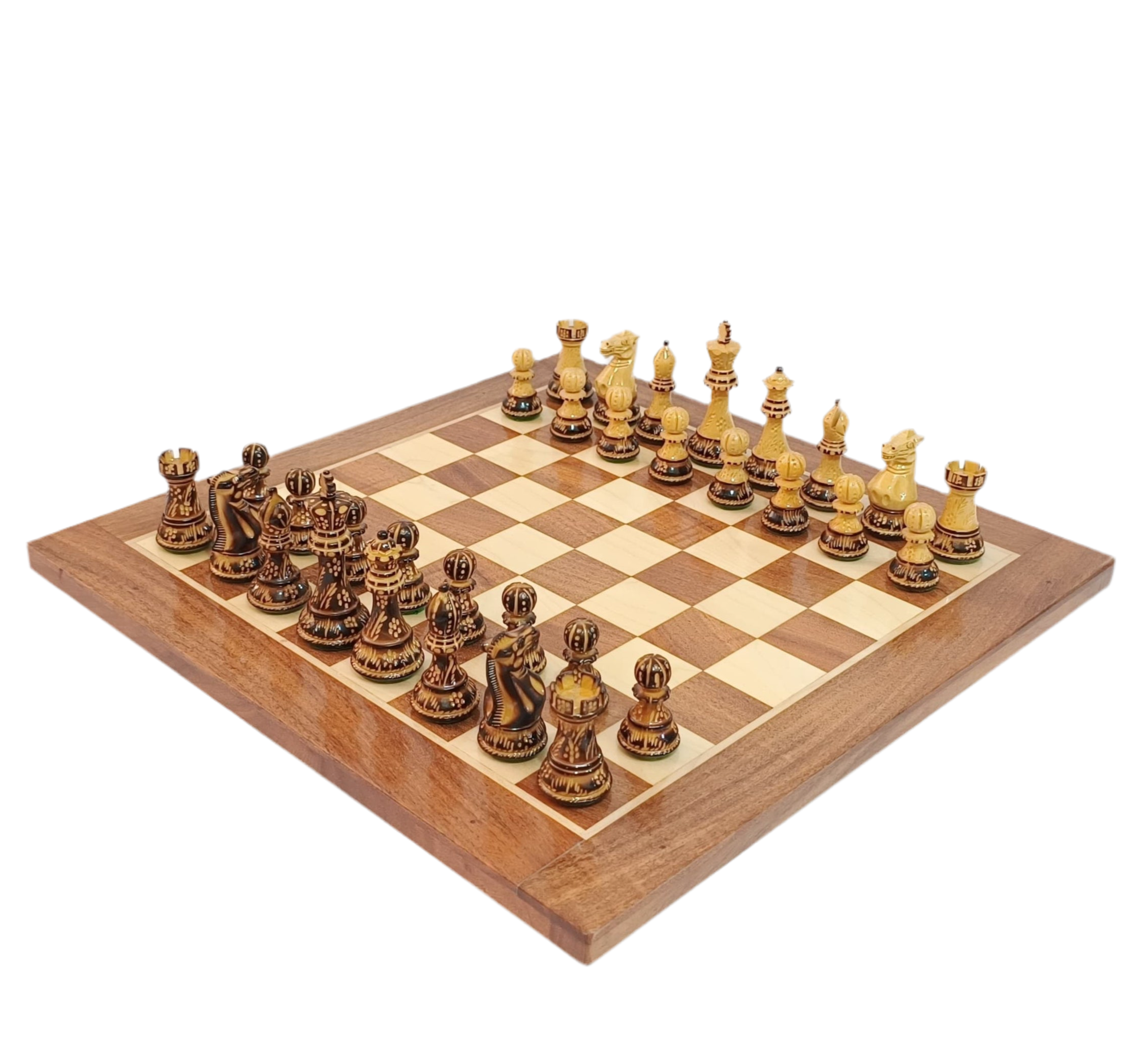
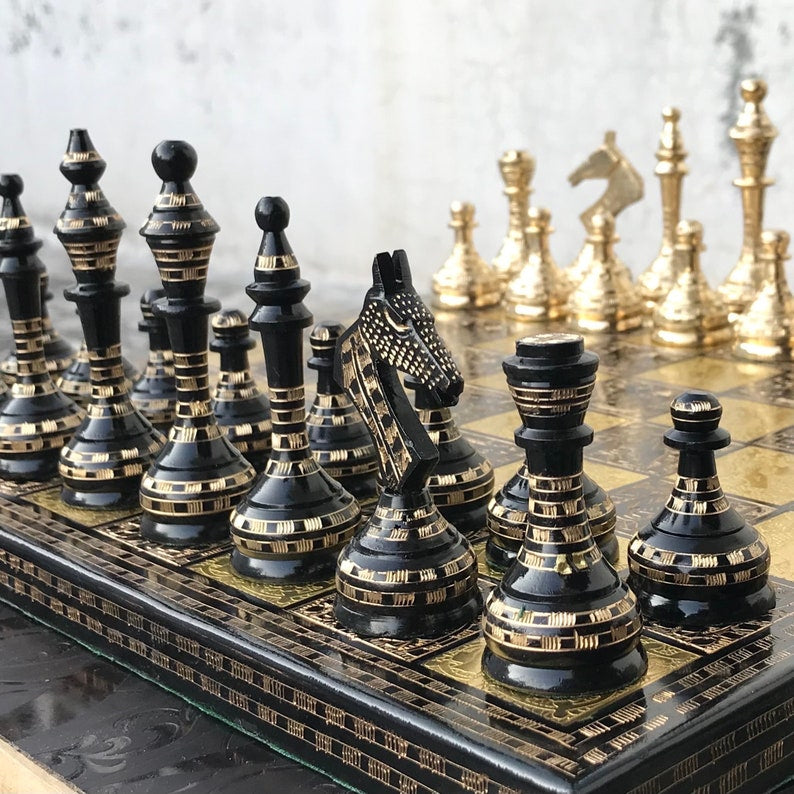
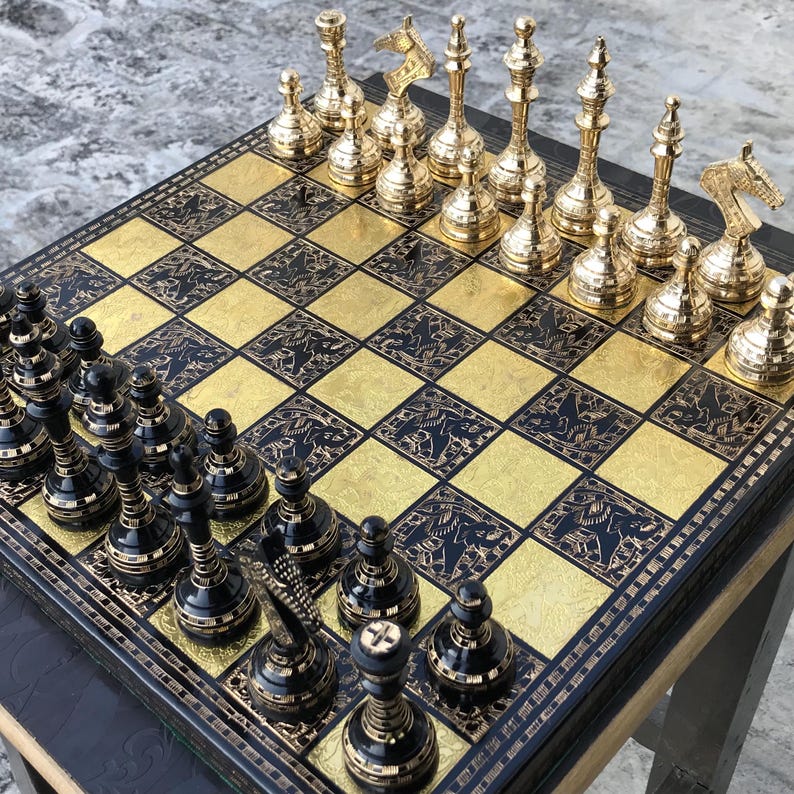


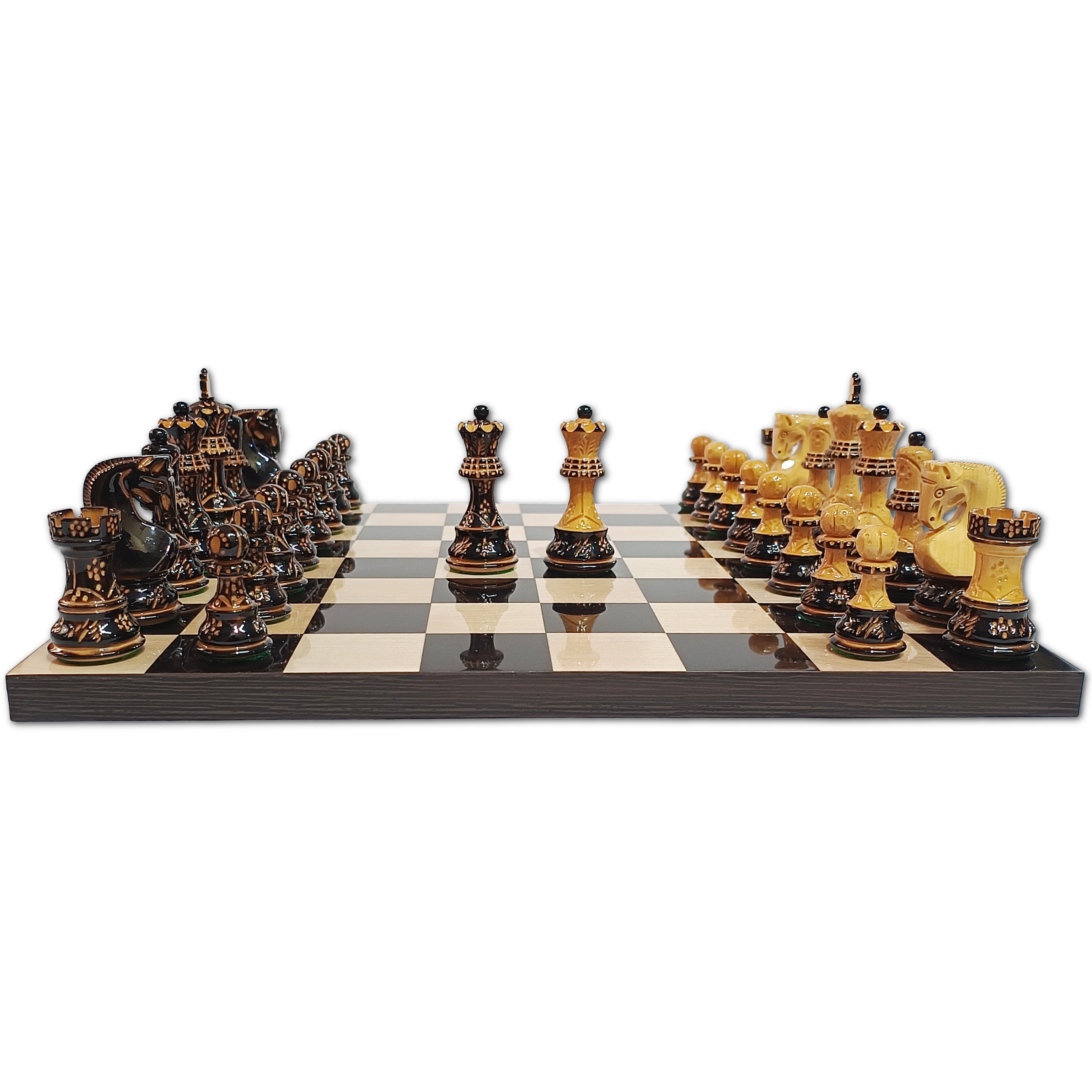
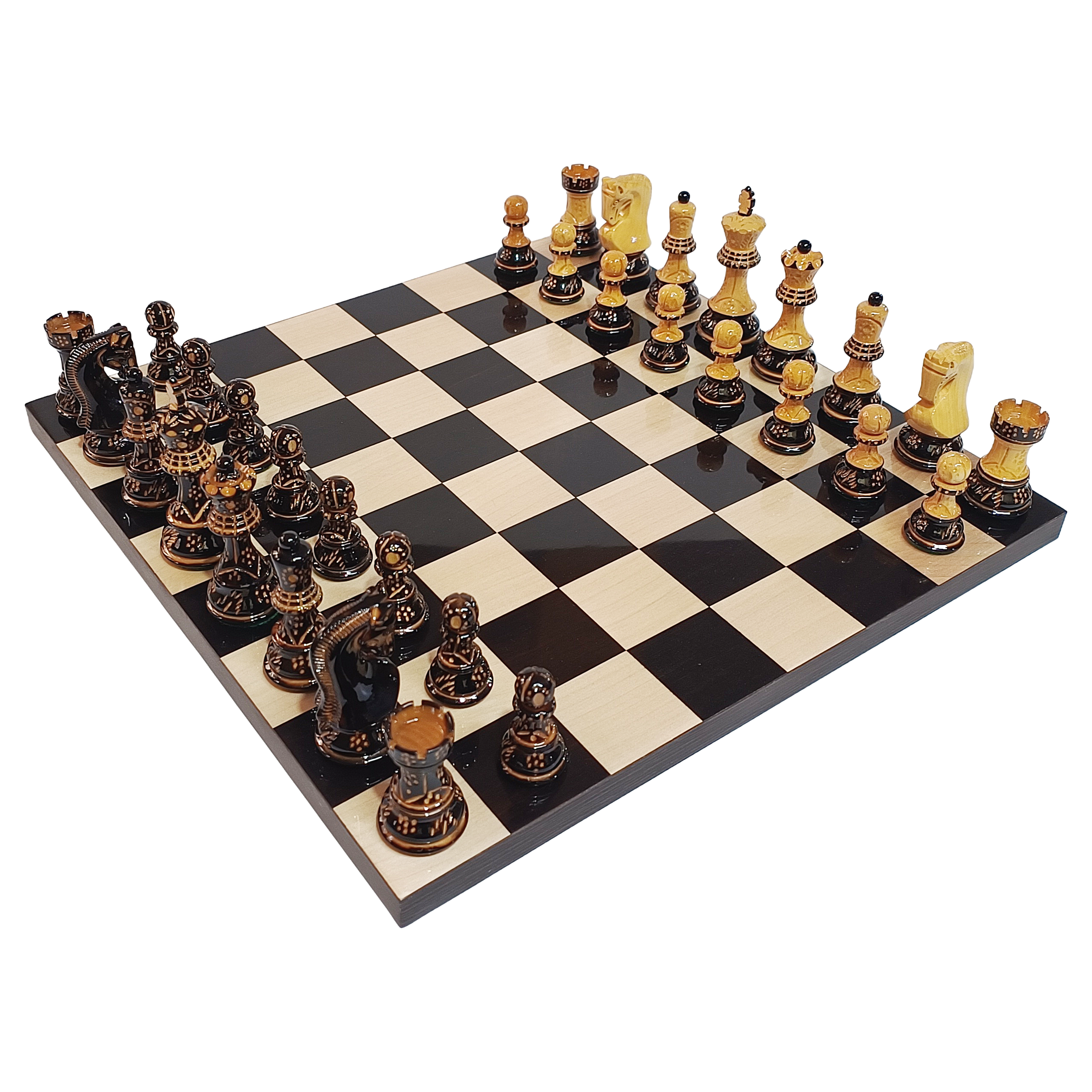
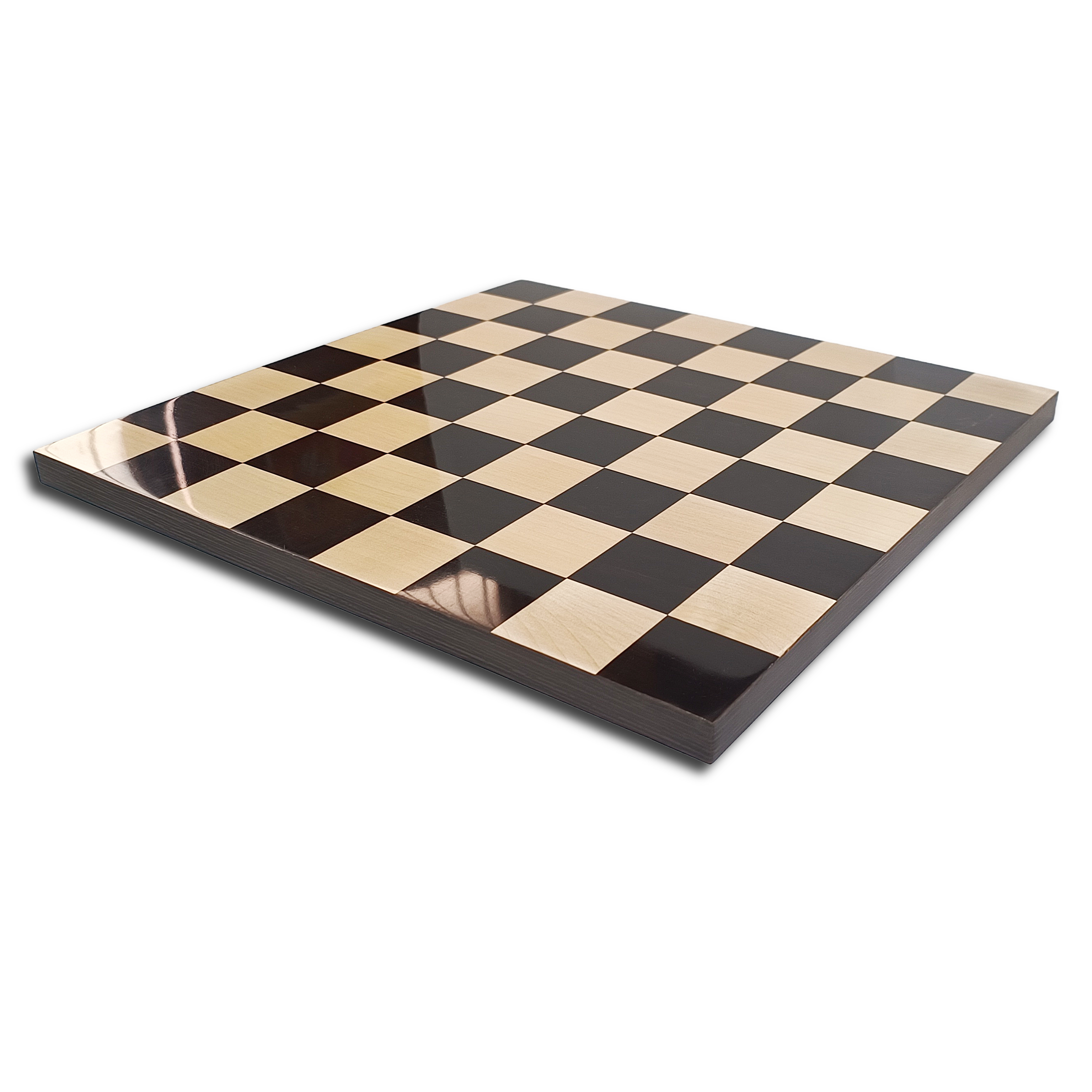
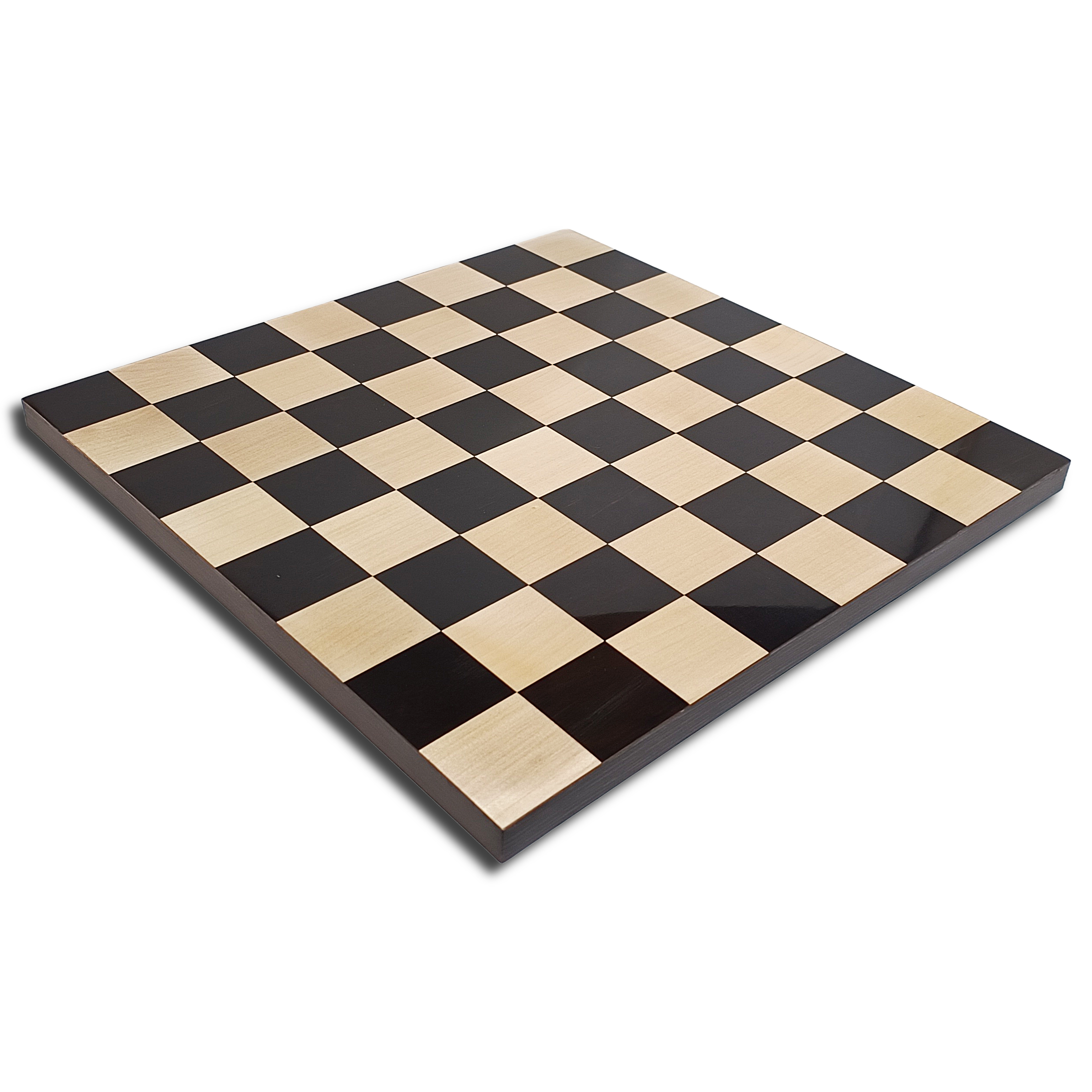
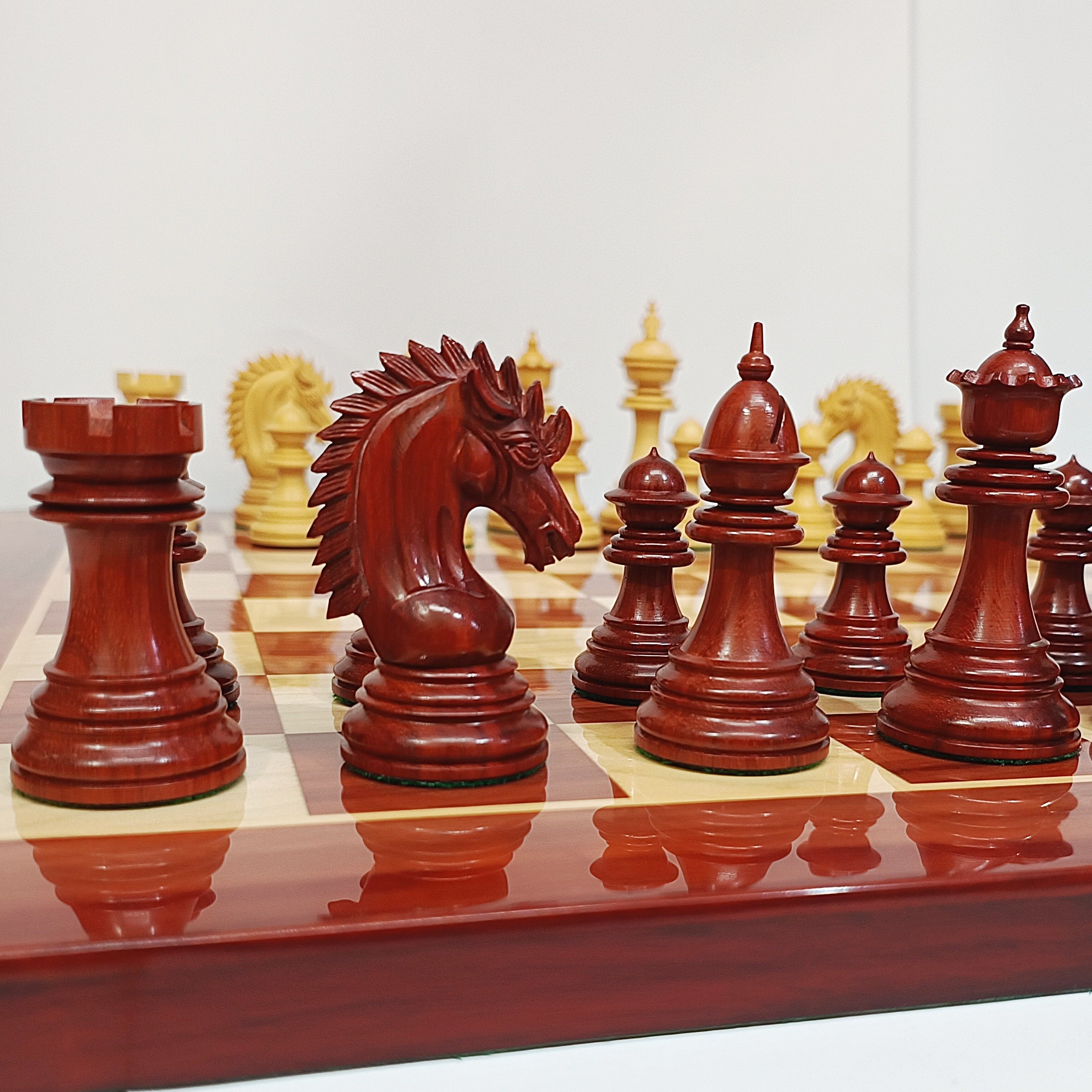
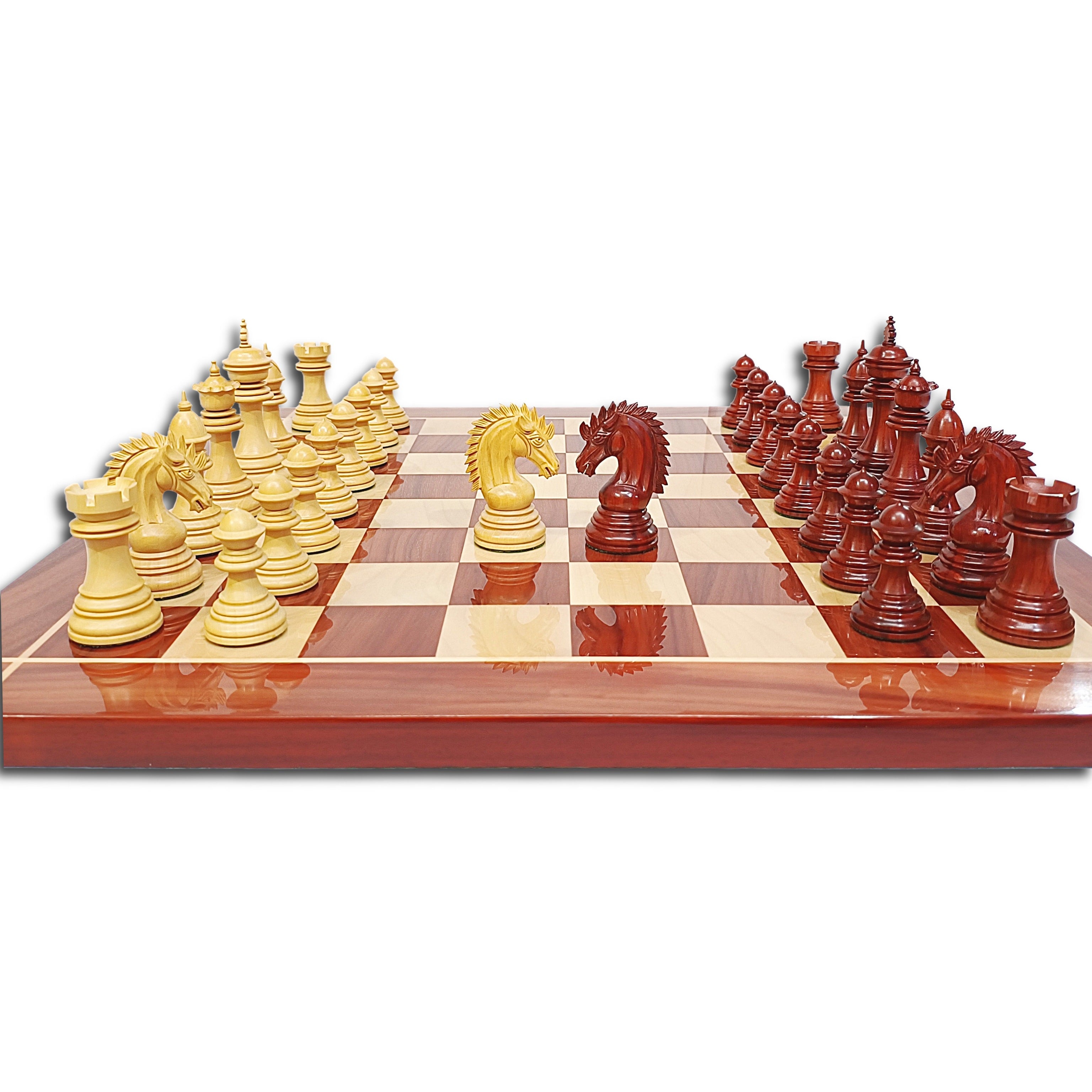
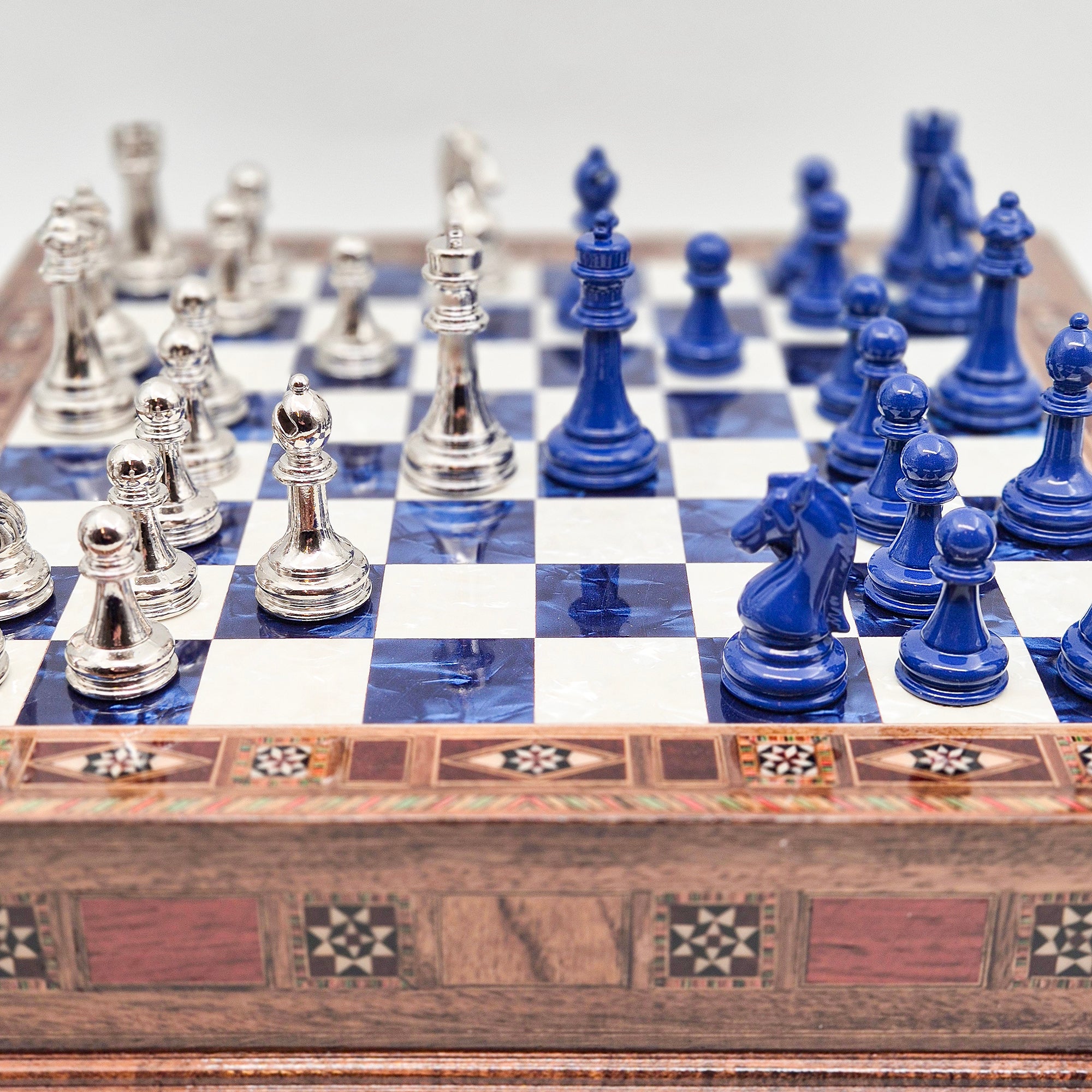
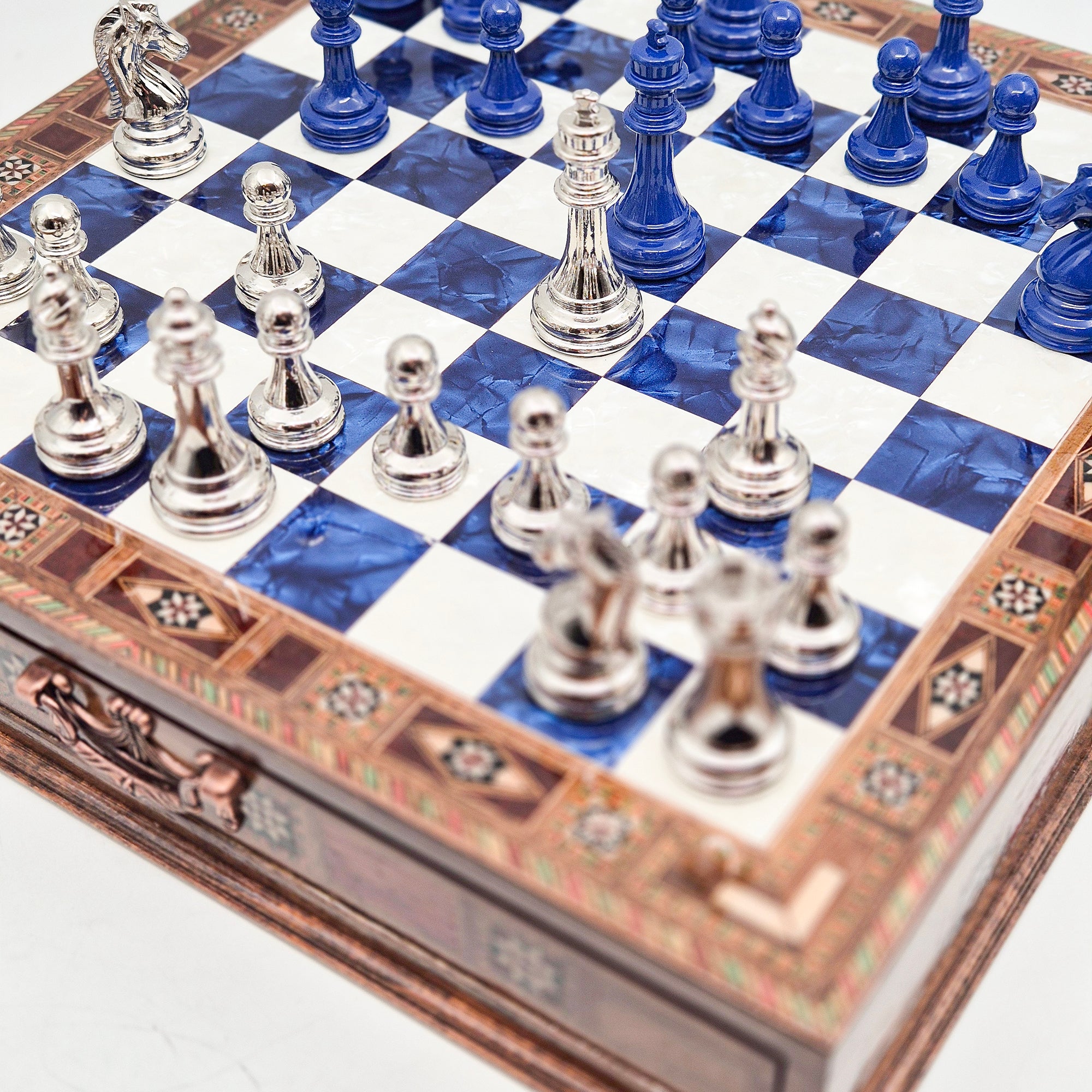
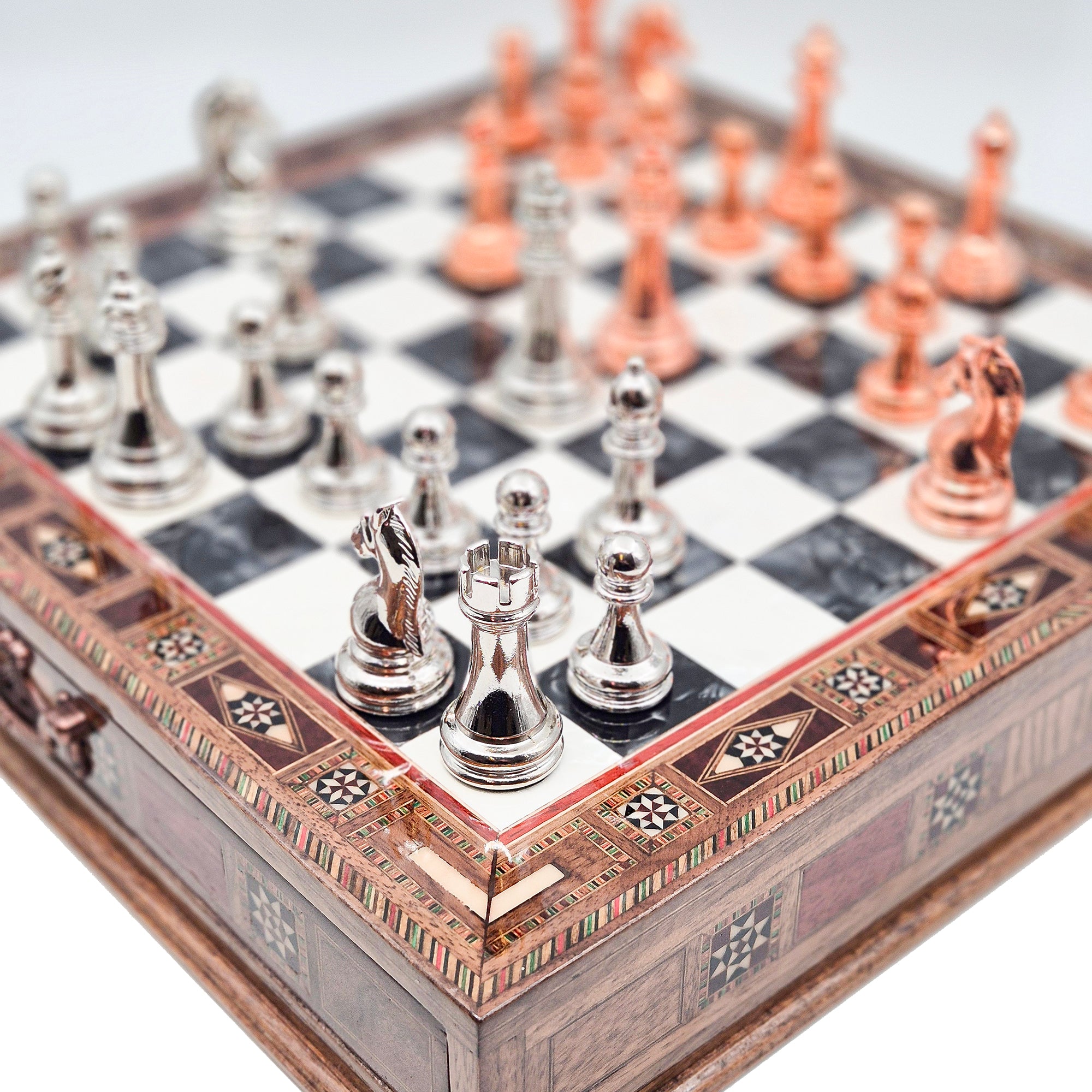
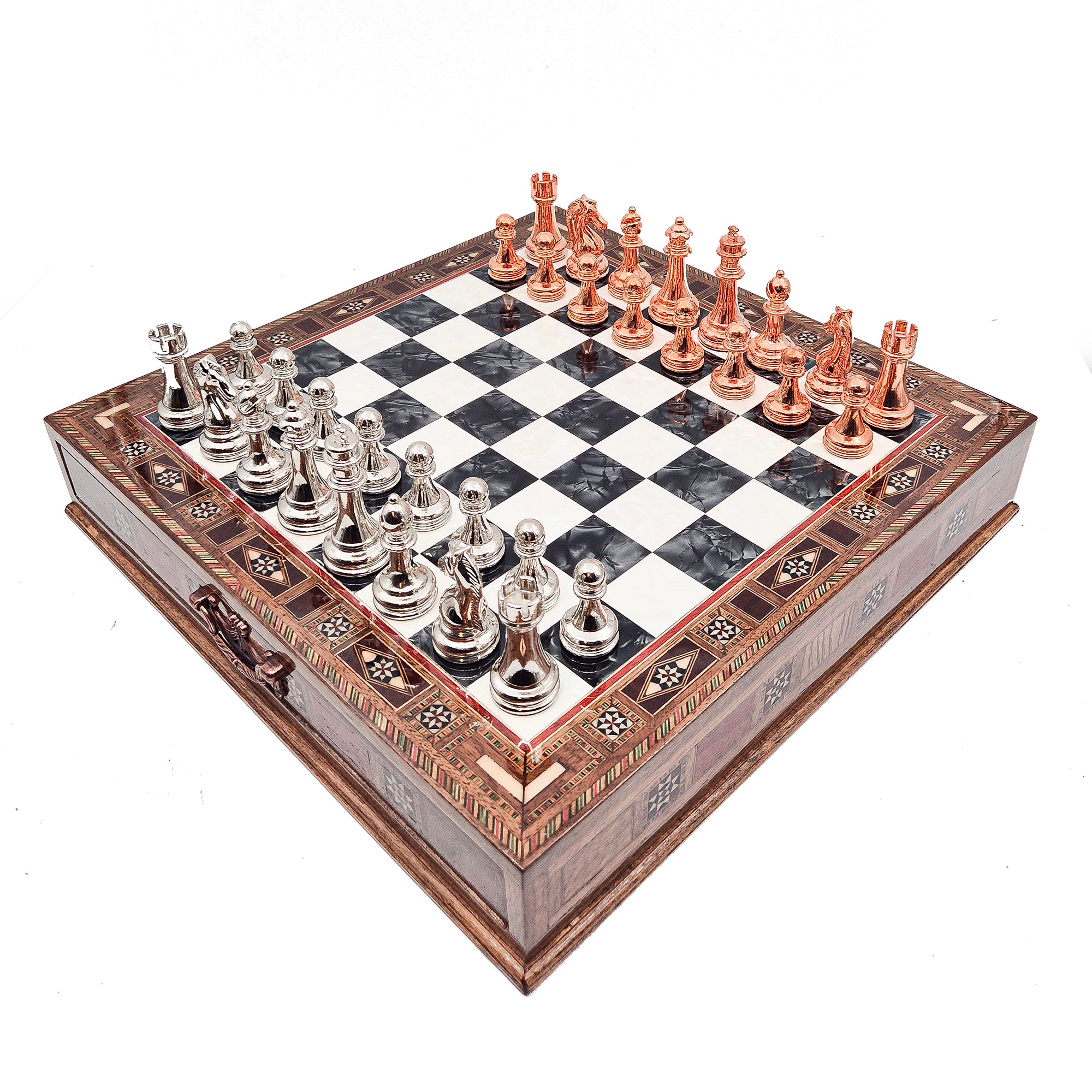
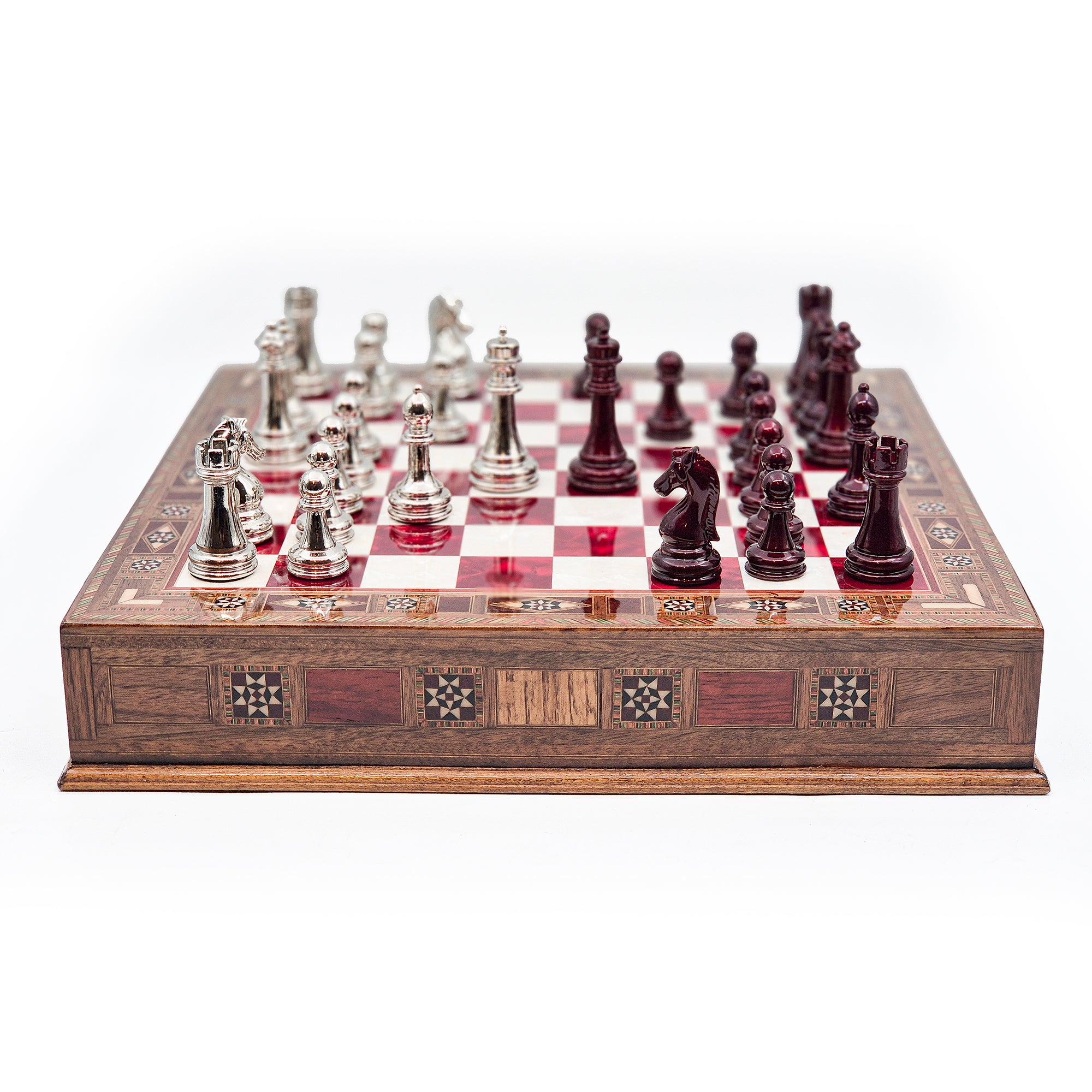
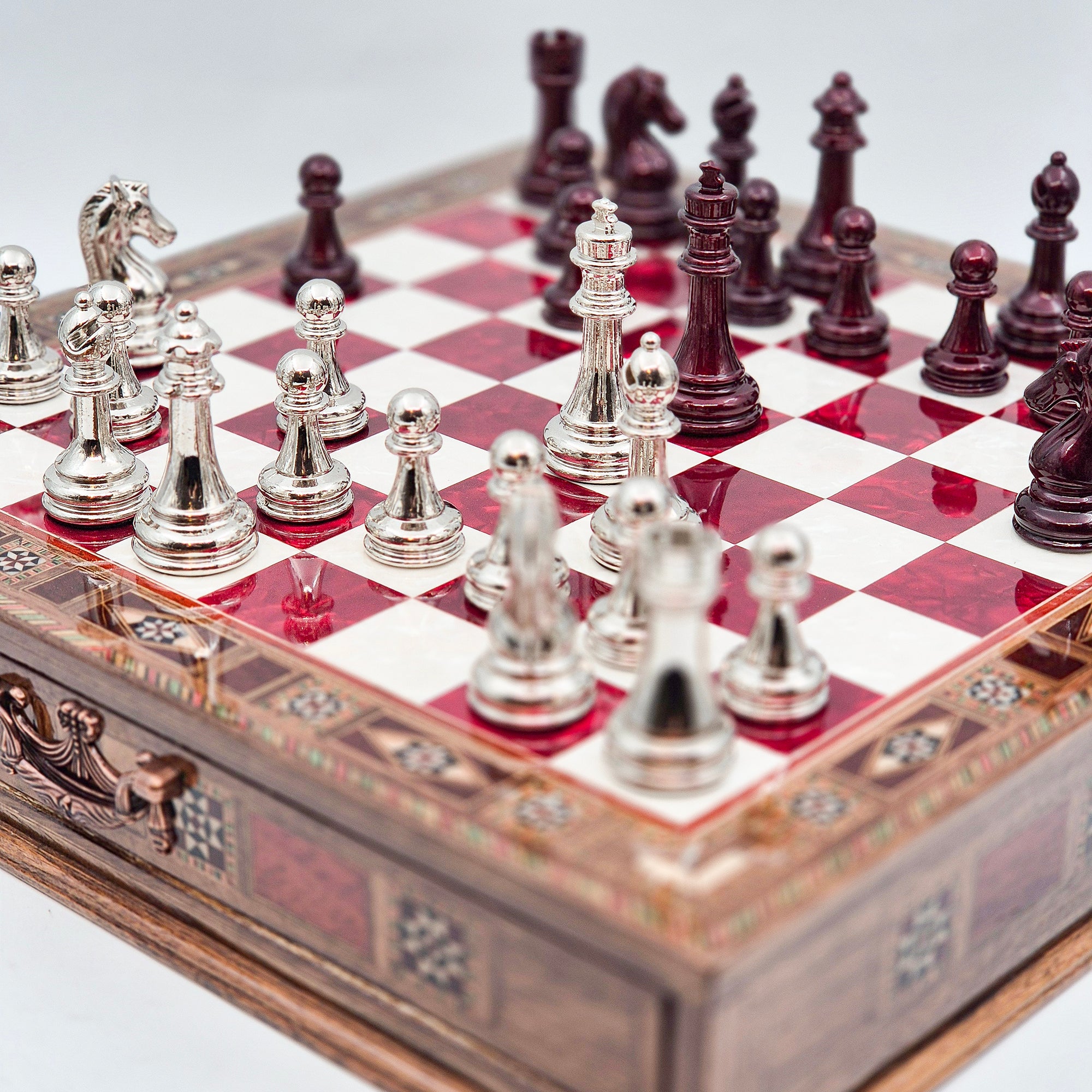
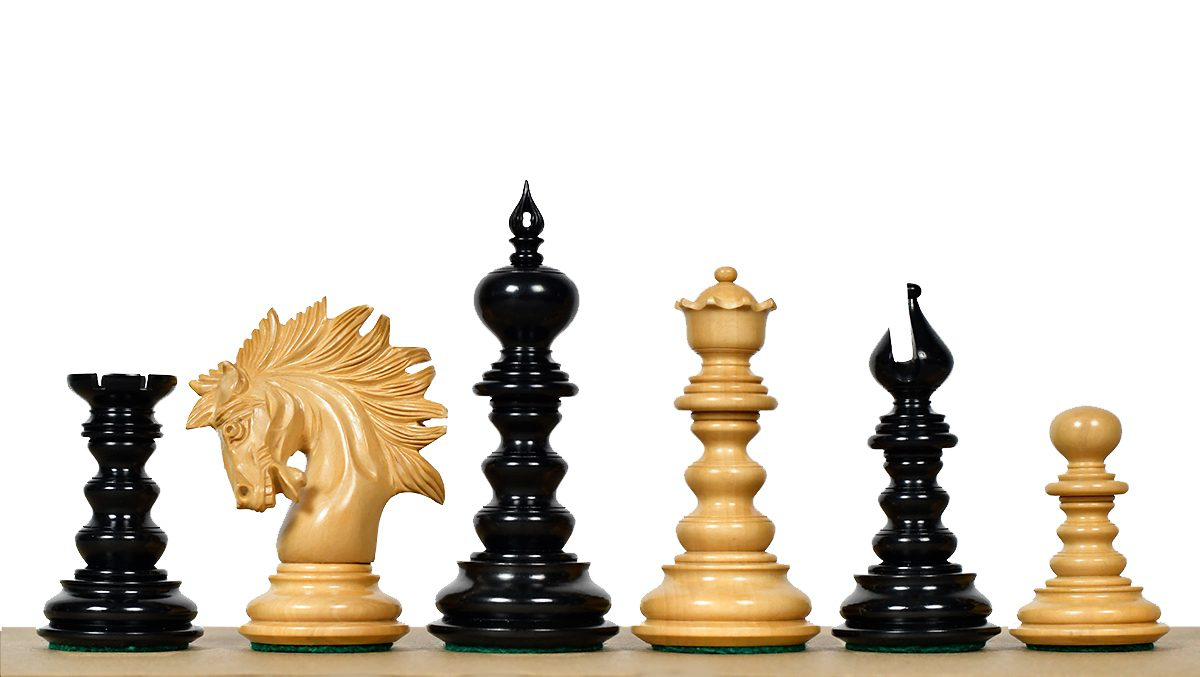
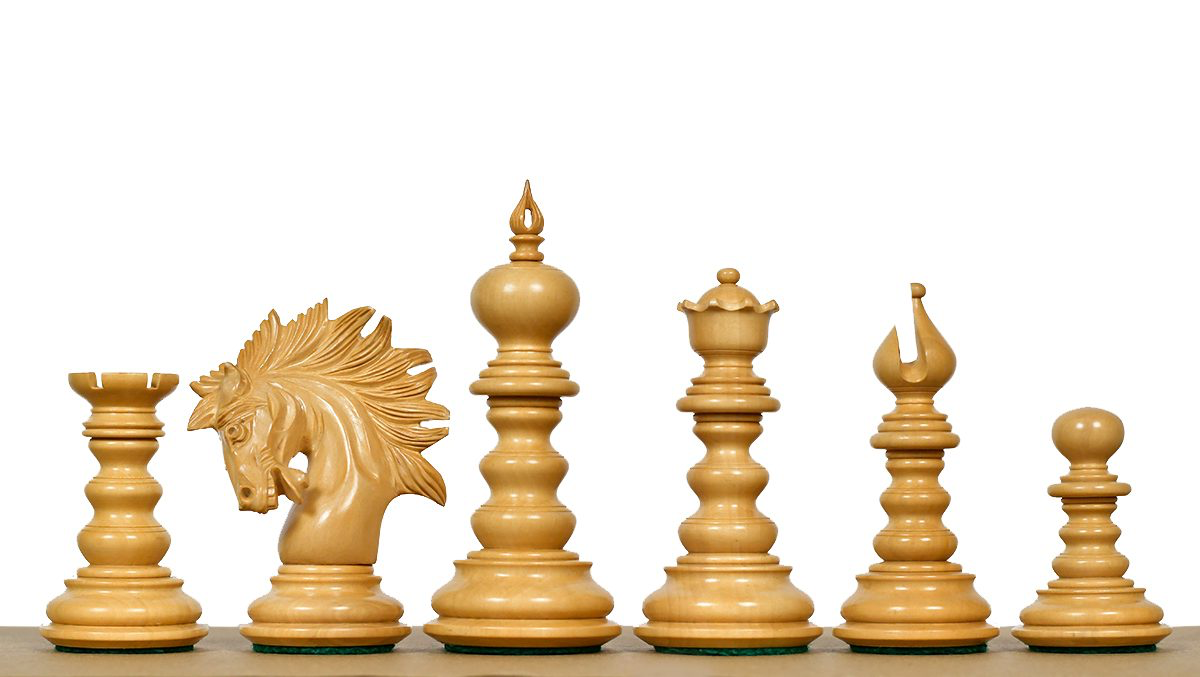
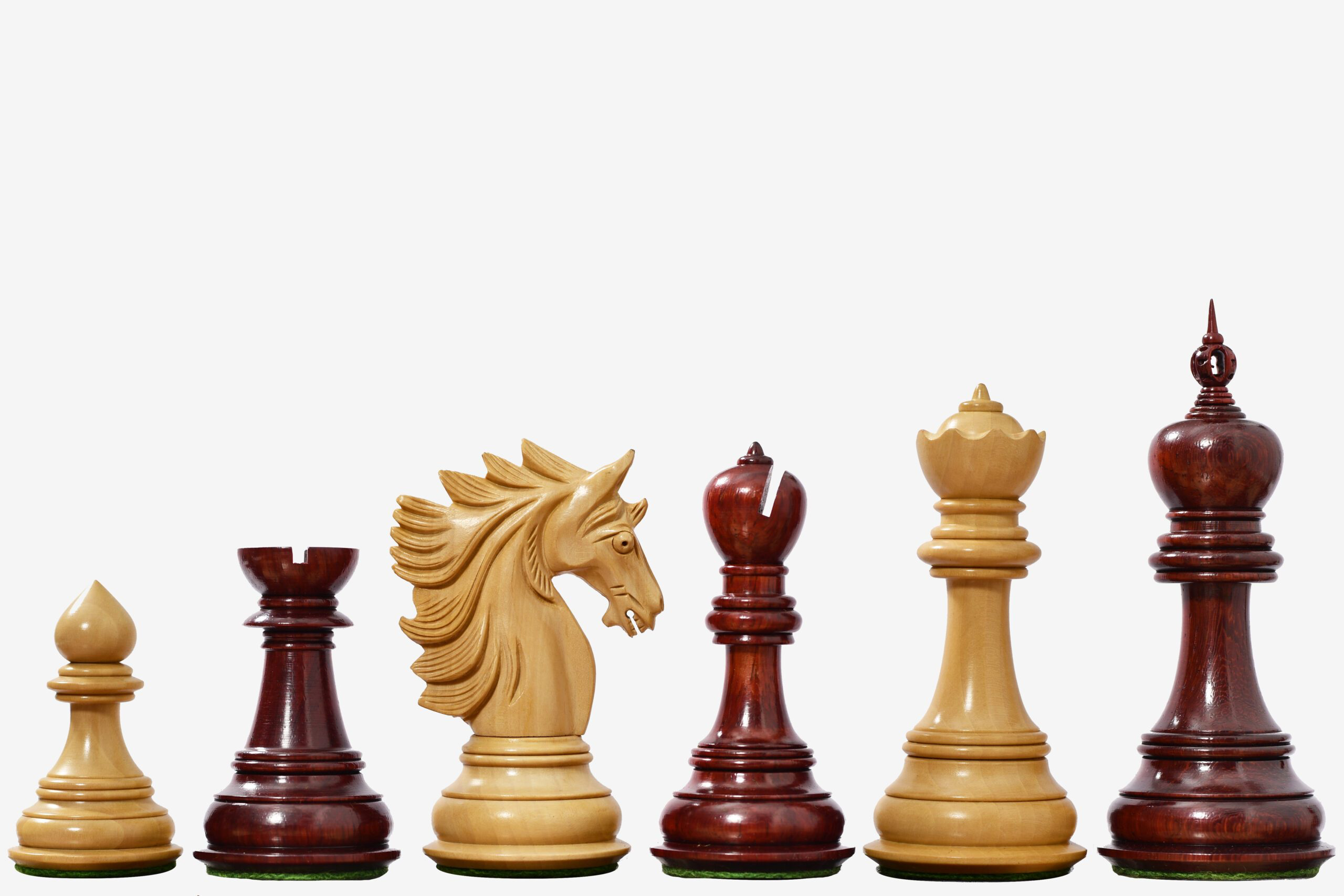
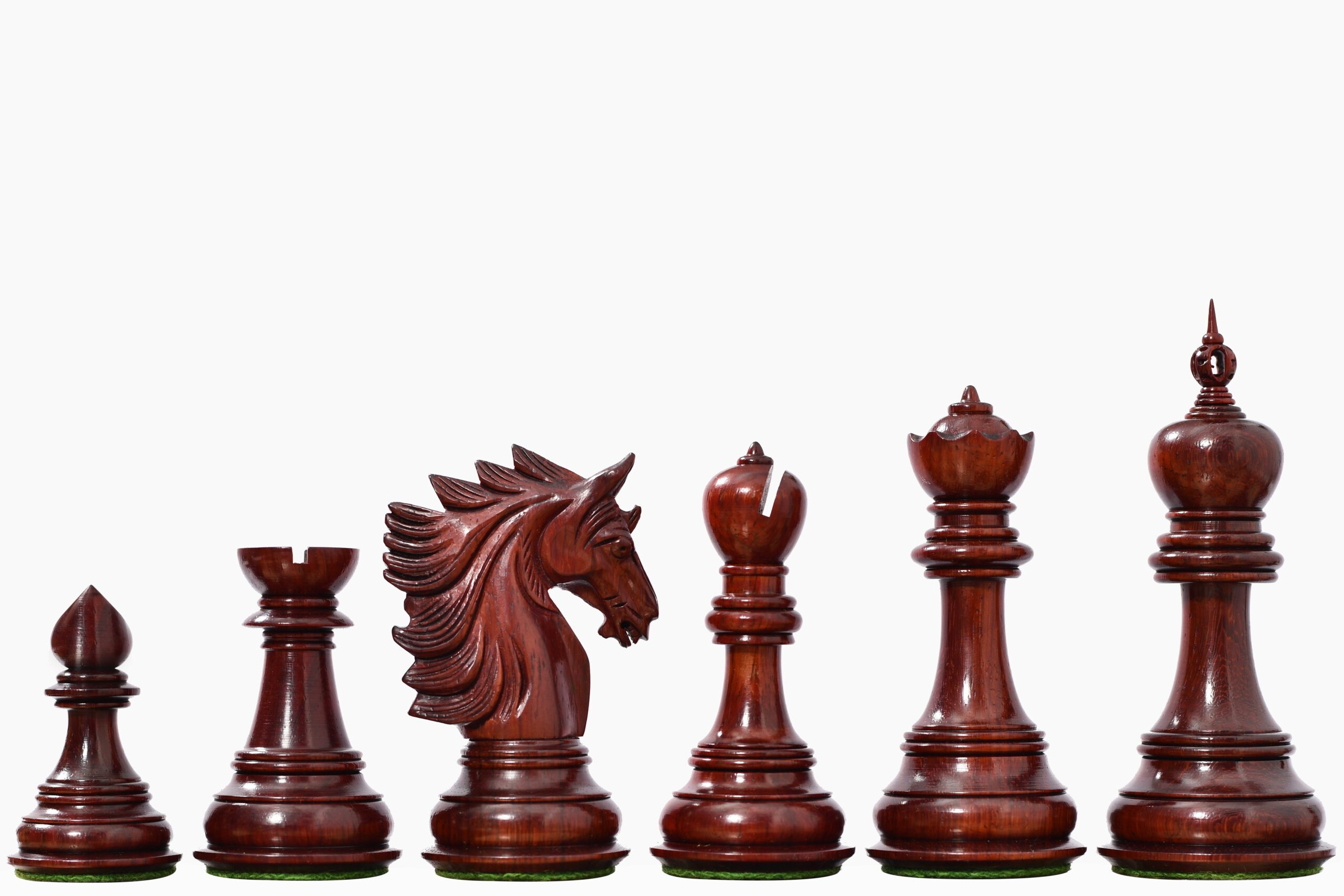
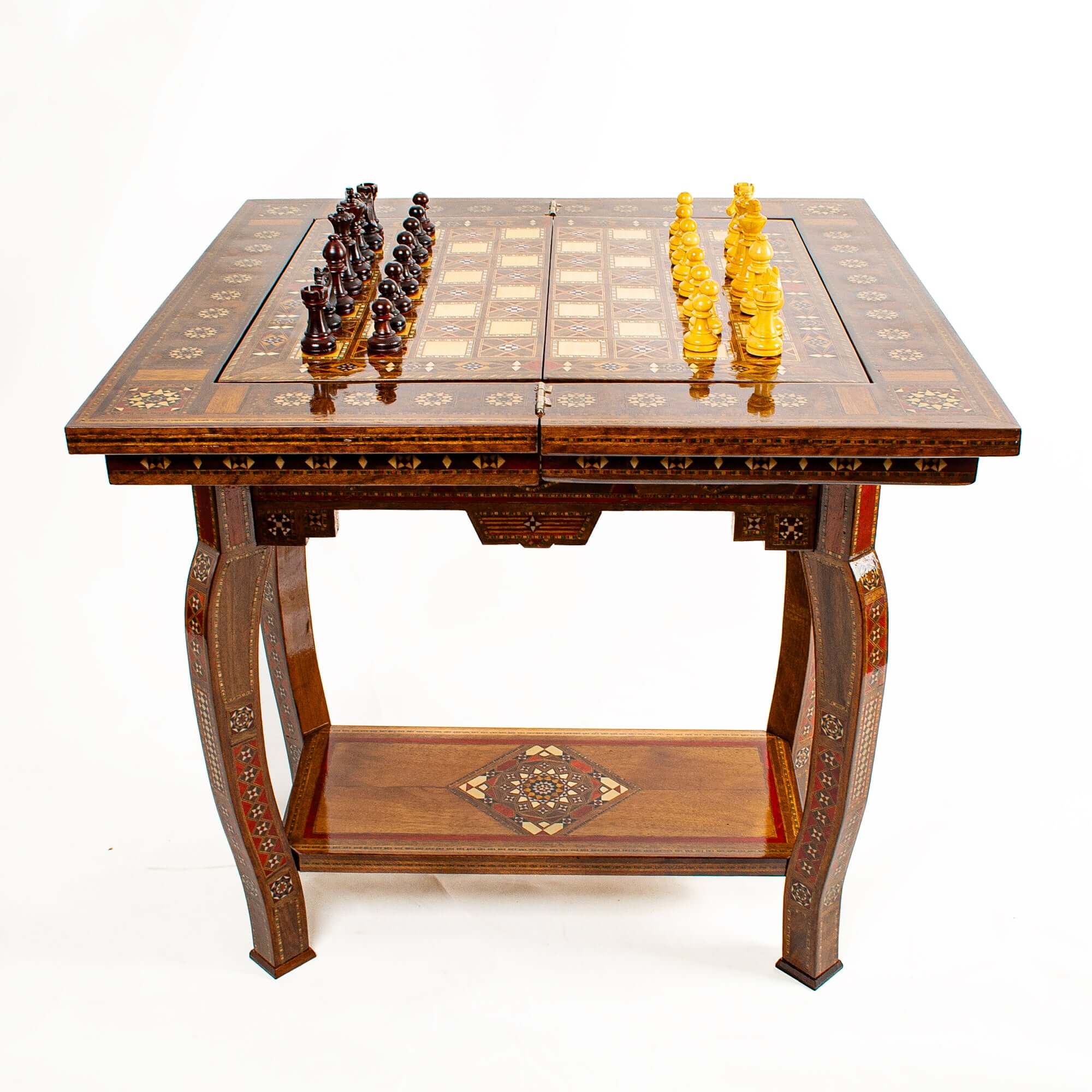

Leave a comment
All comments are moderated before being published.
This site is protected by hCaptcha and the hCaptcha Privacy Policy and Terms of Service apply.